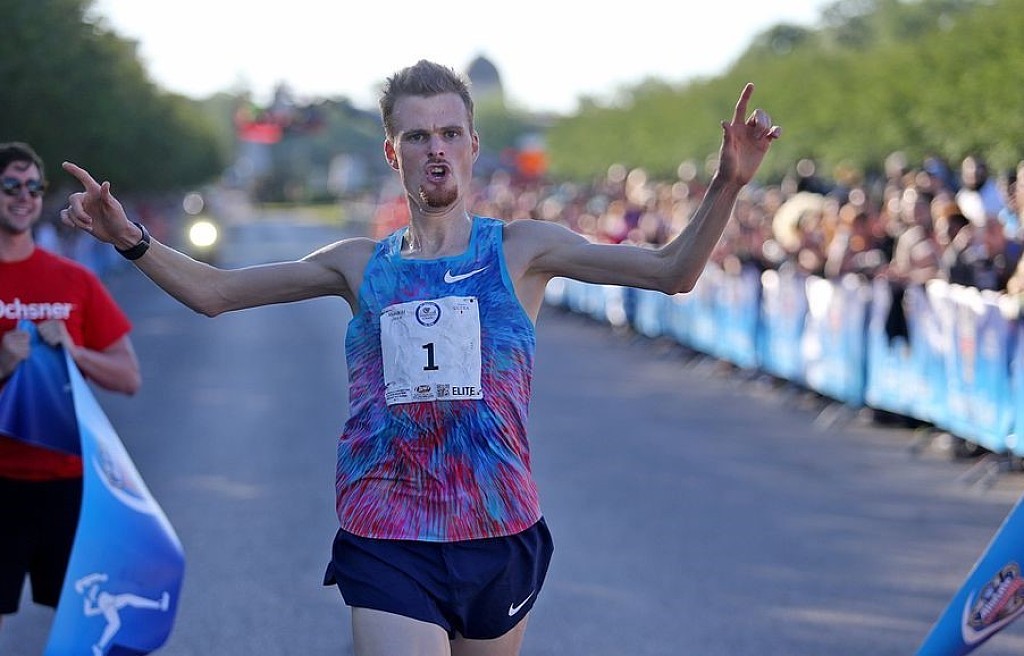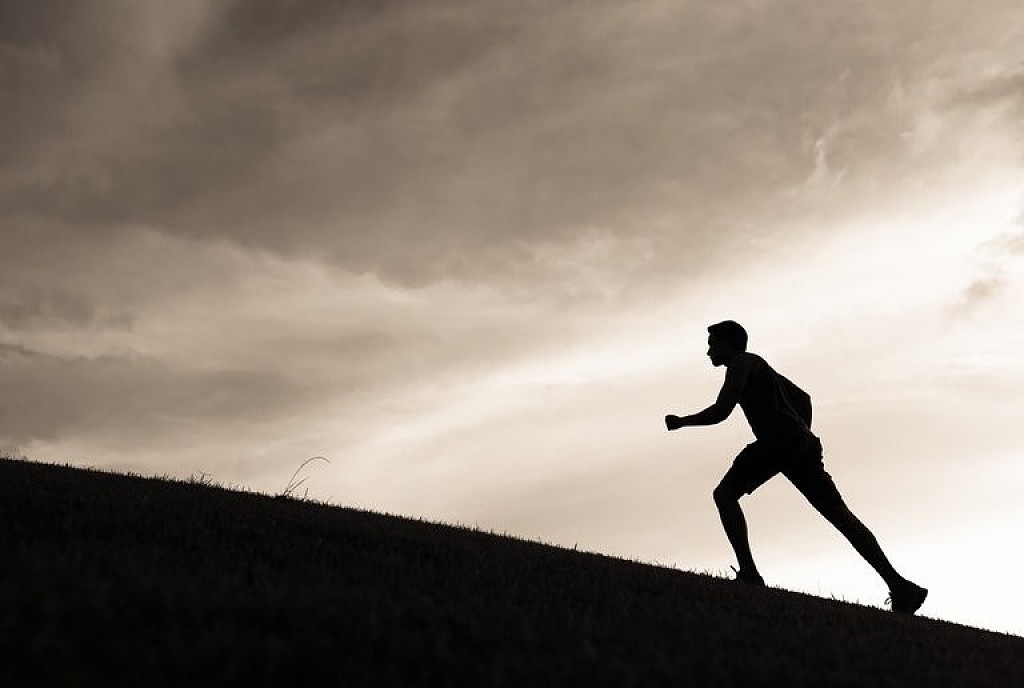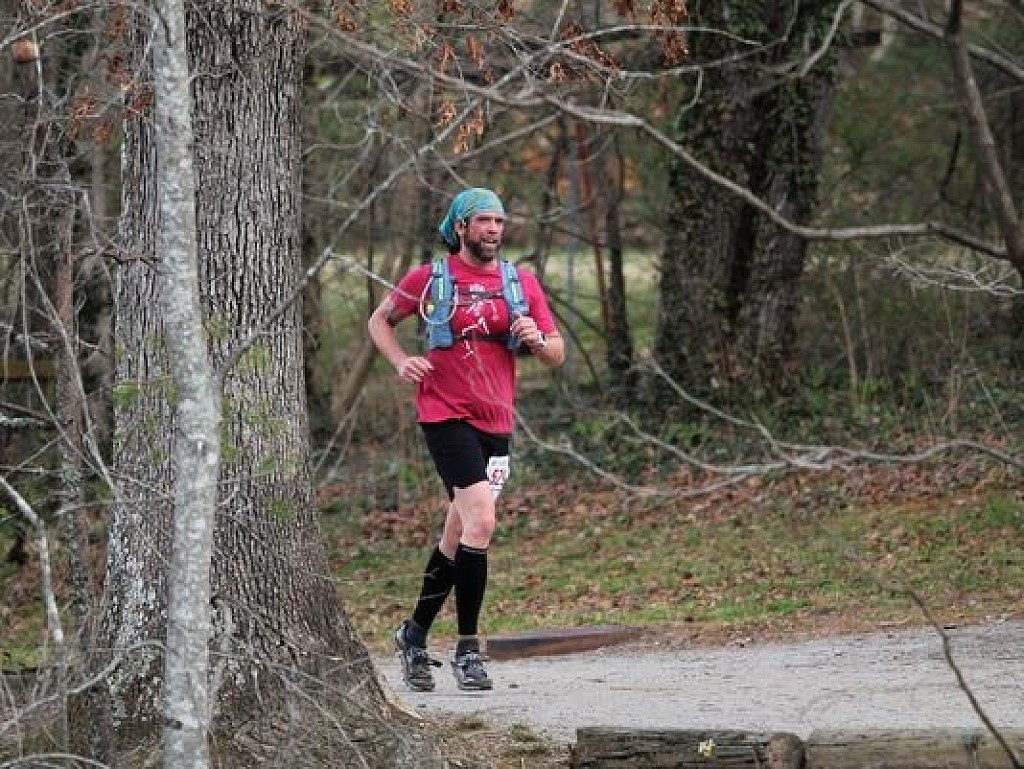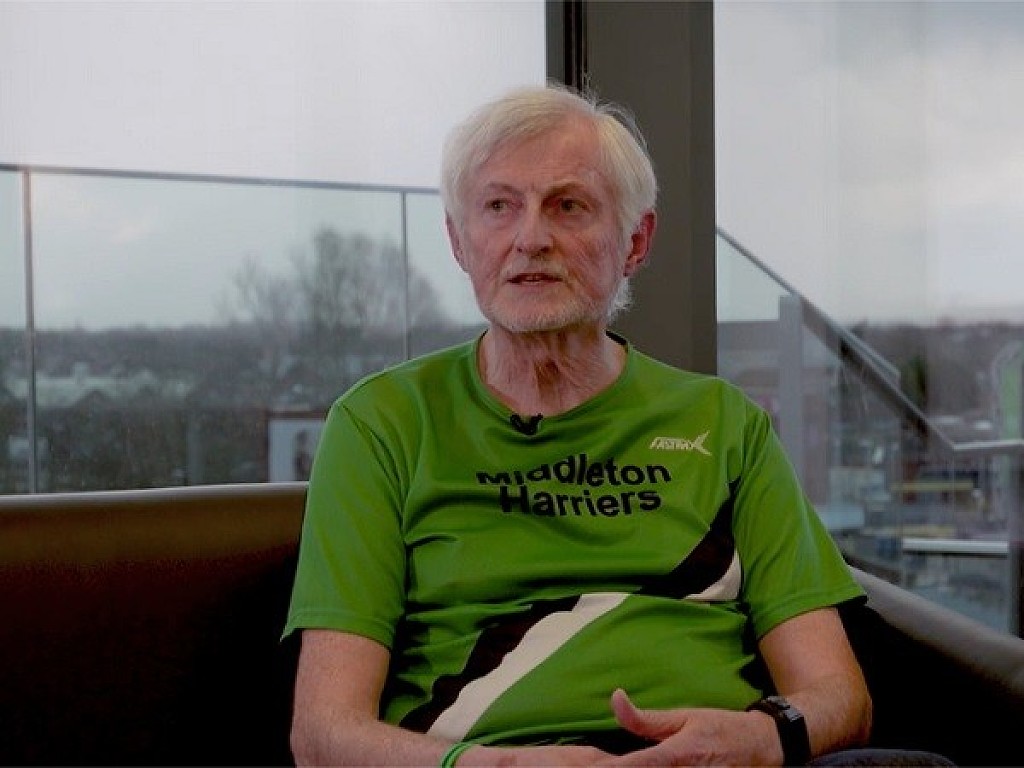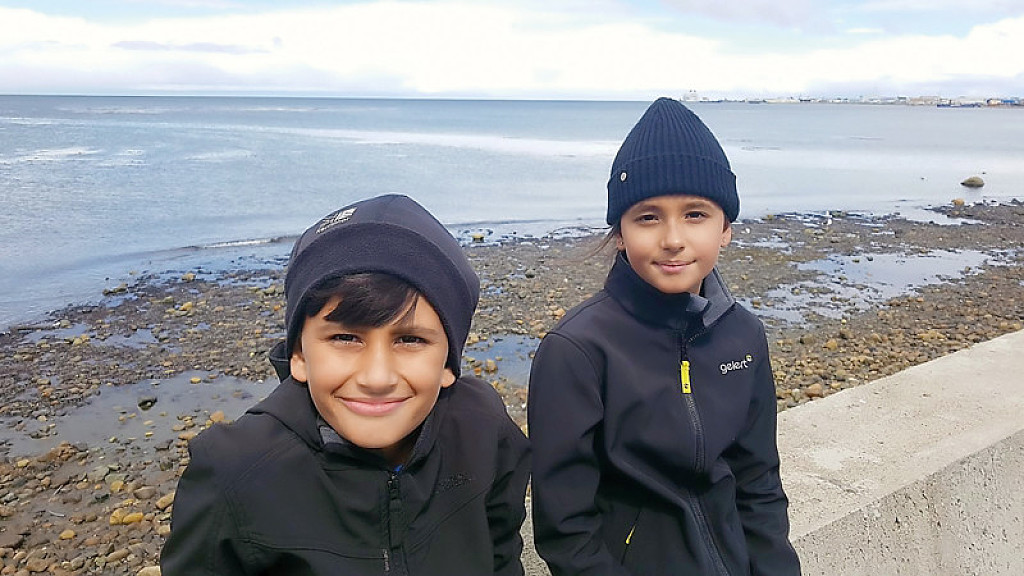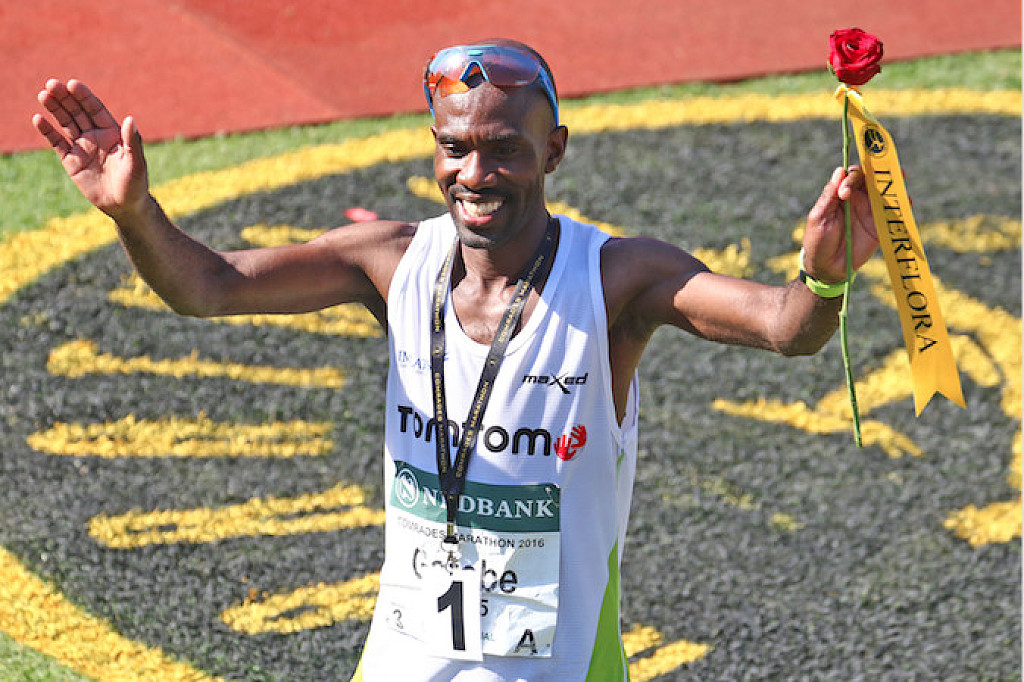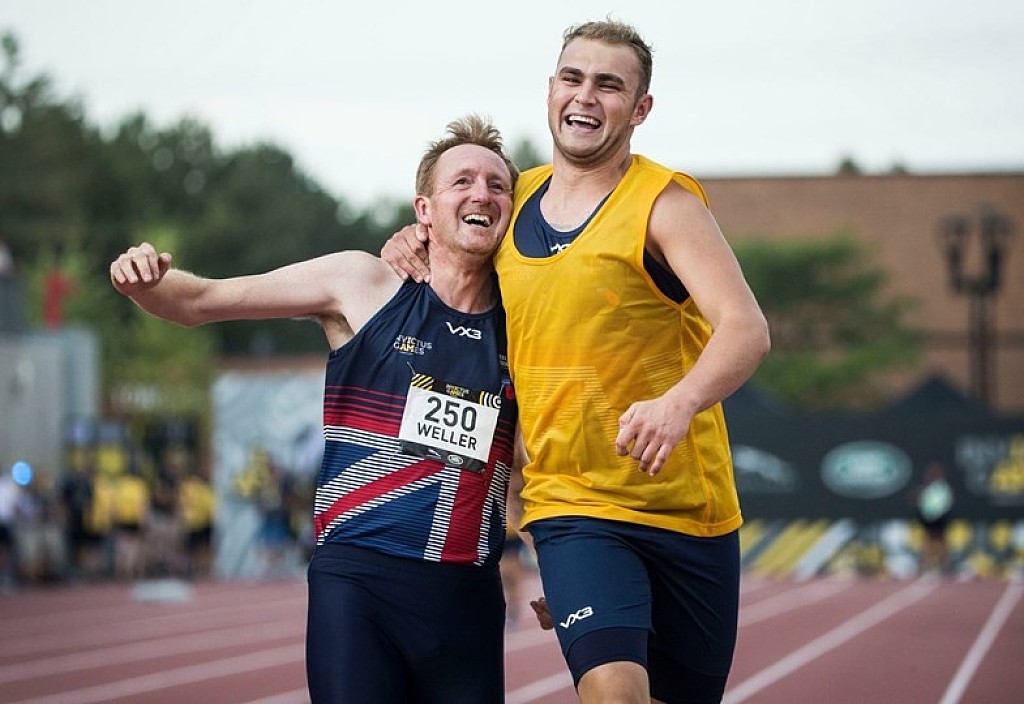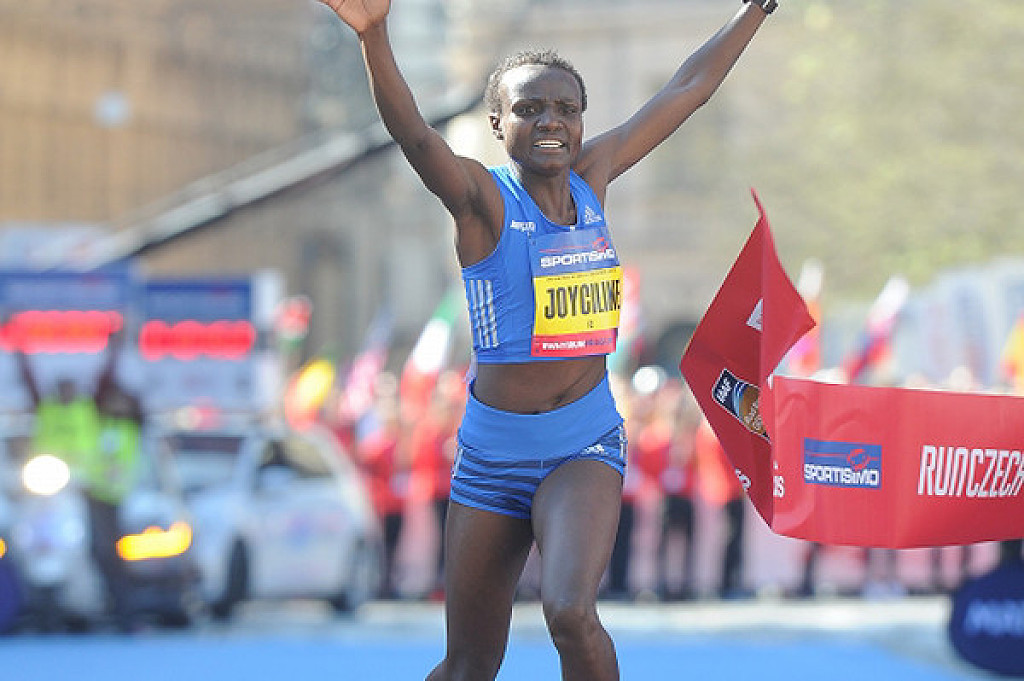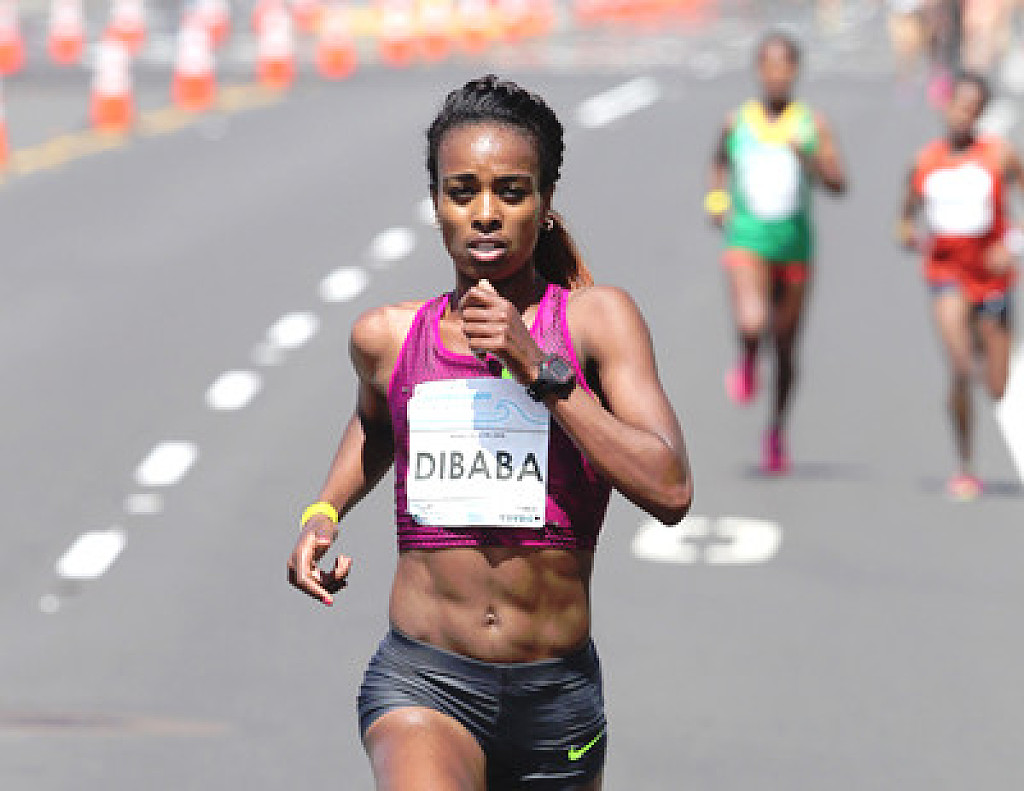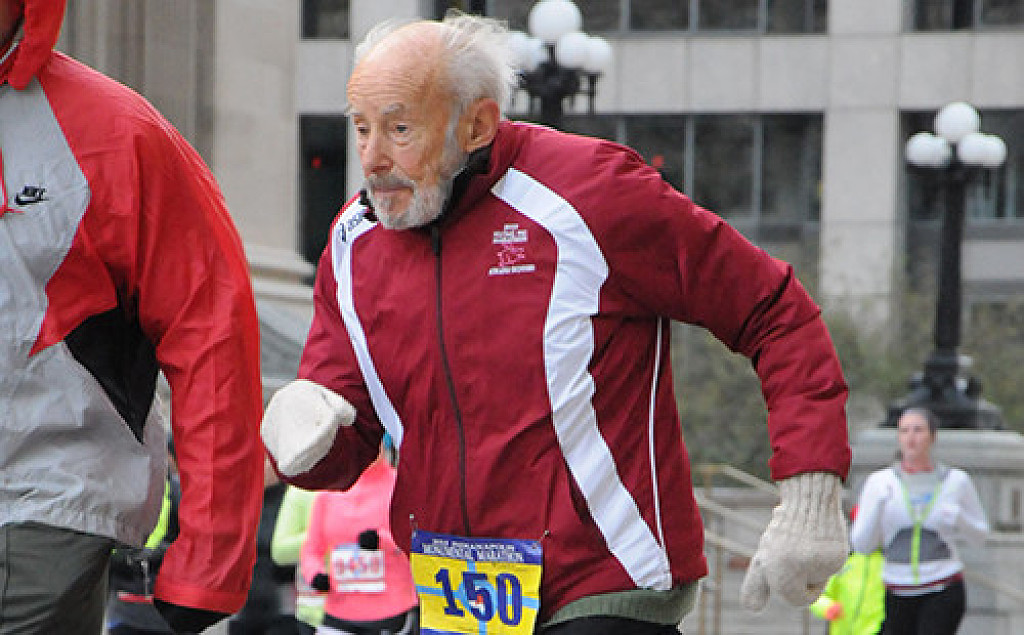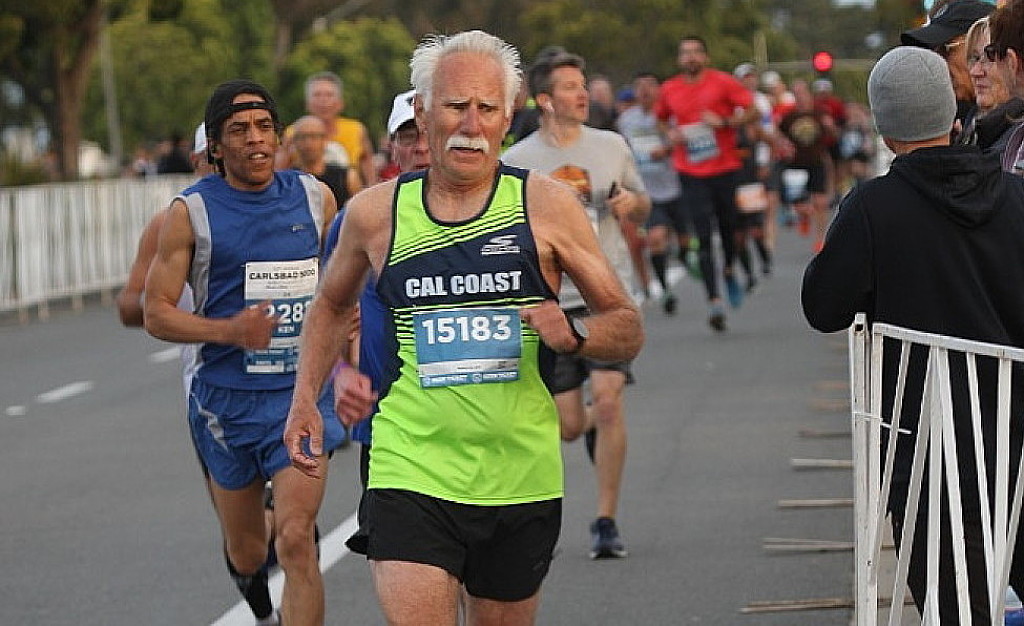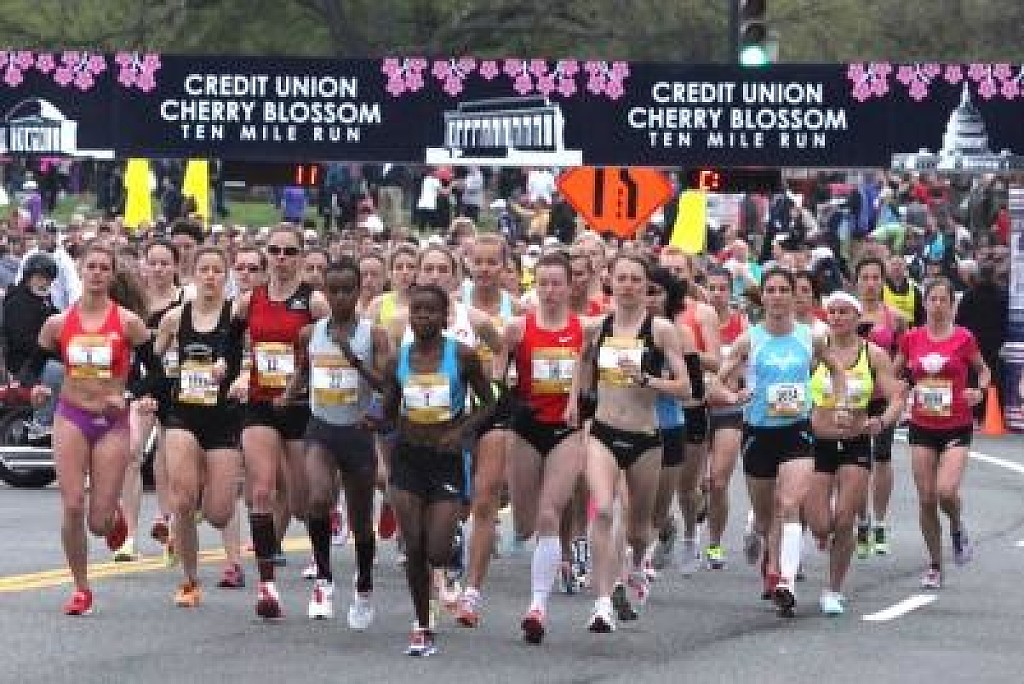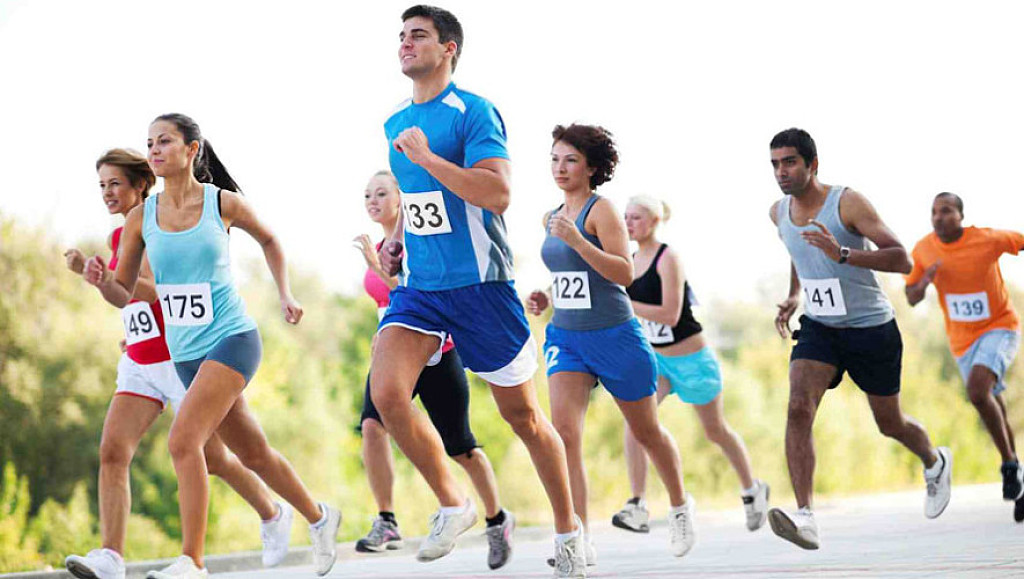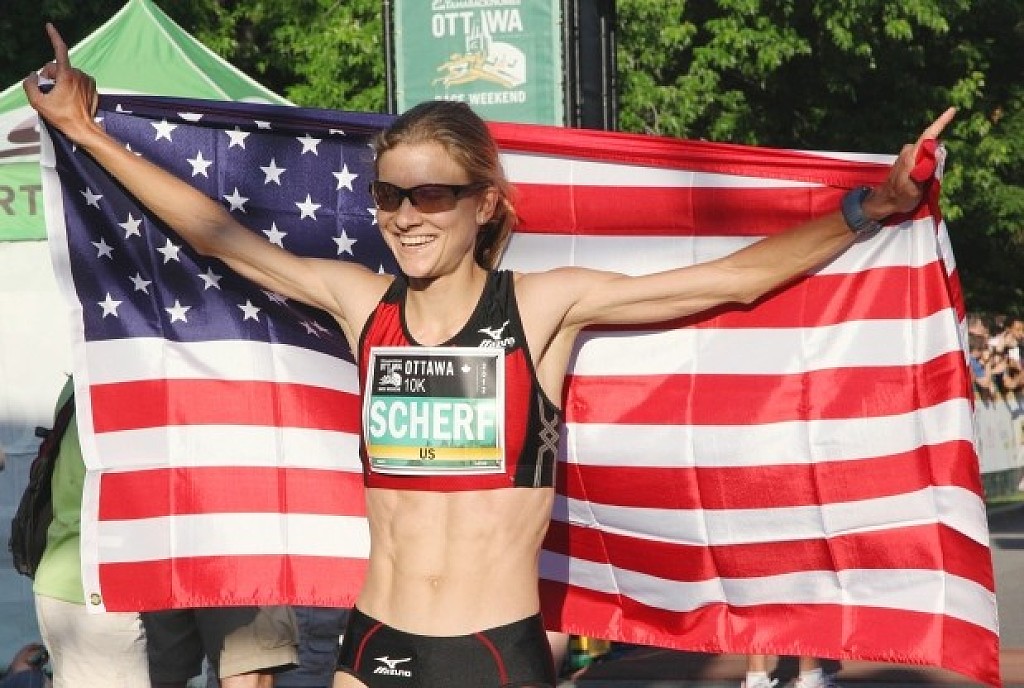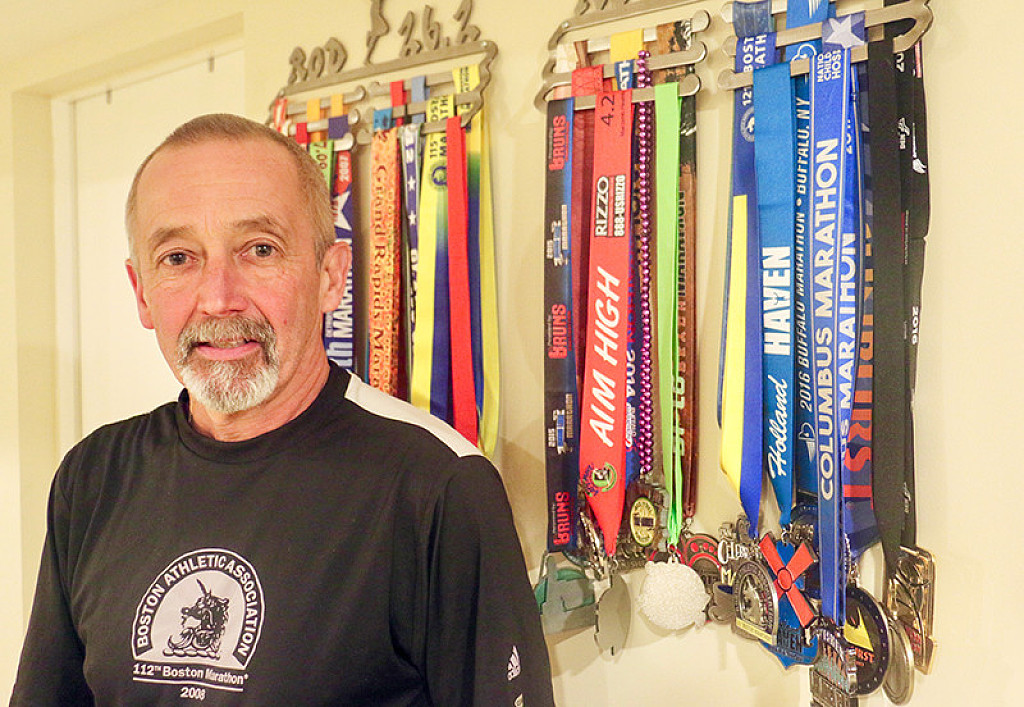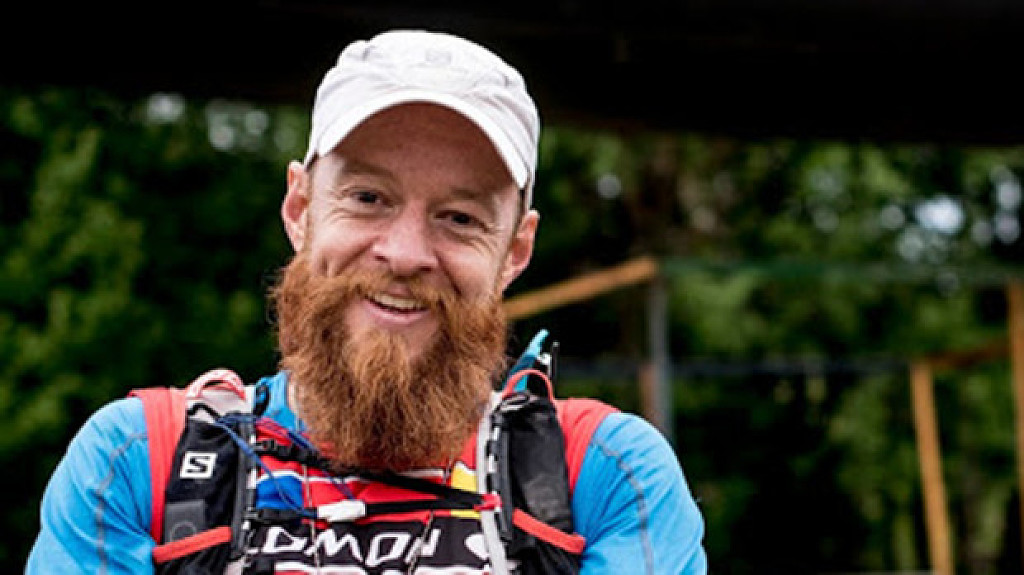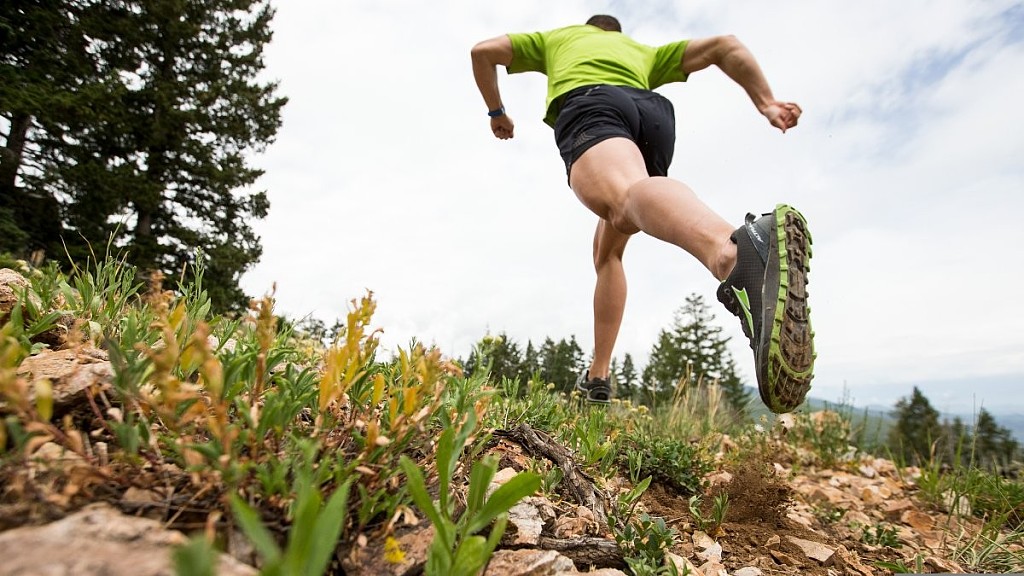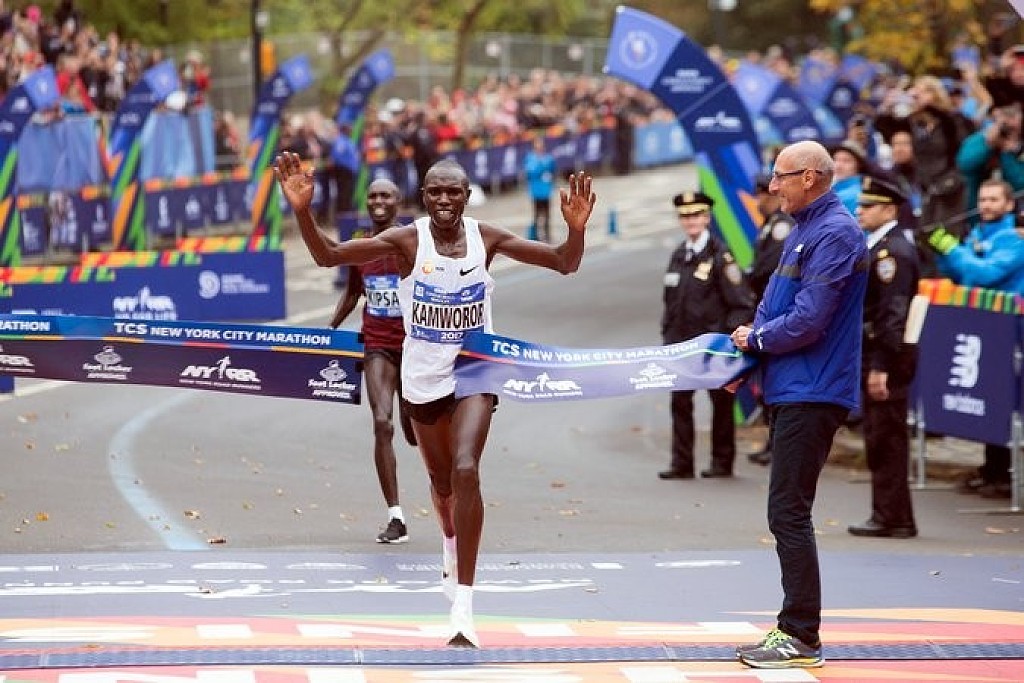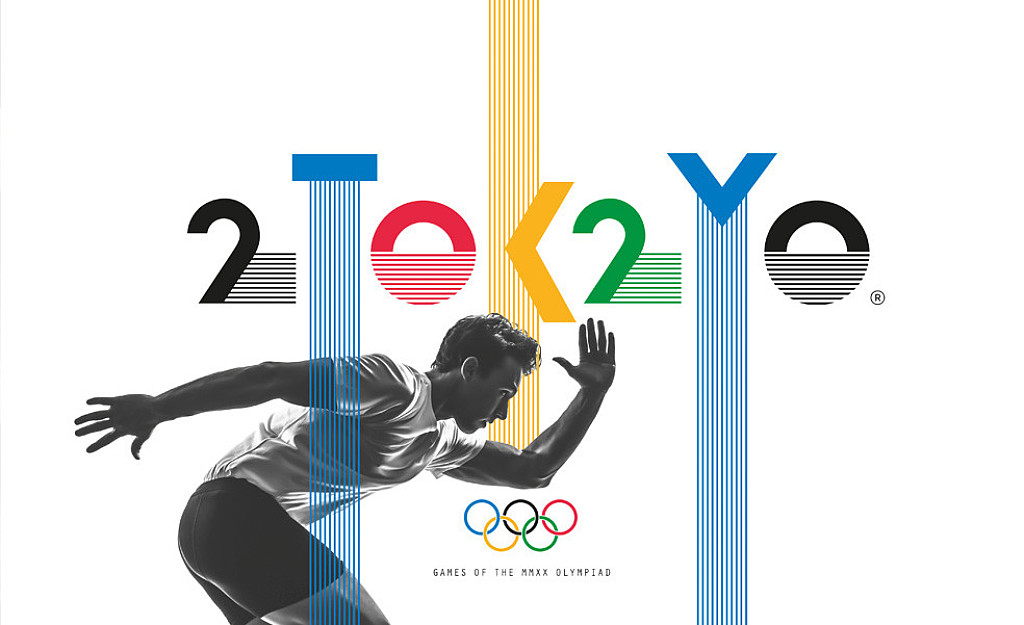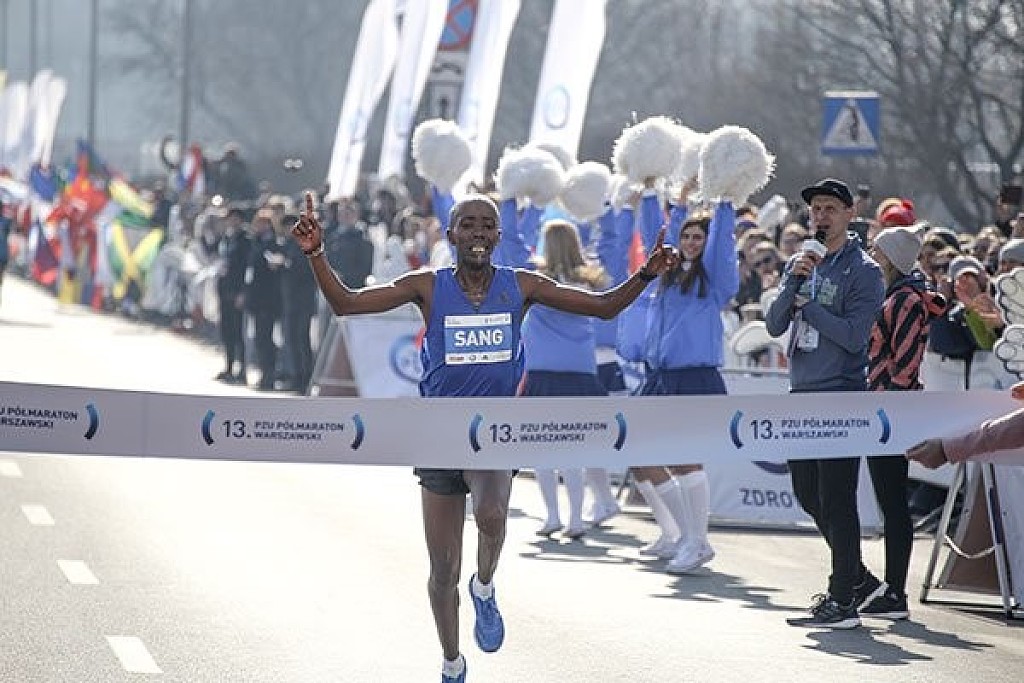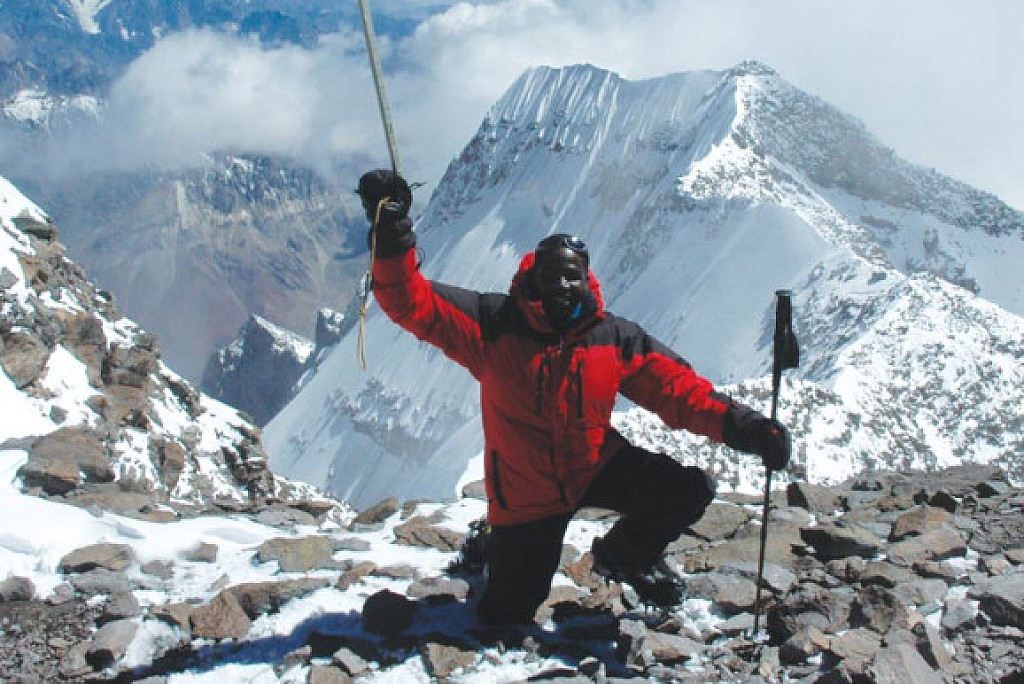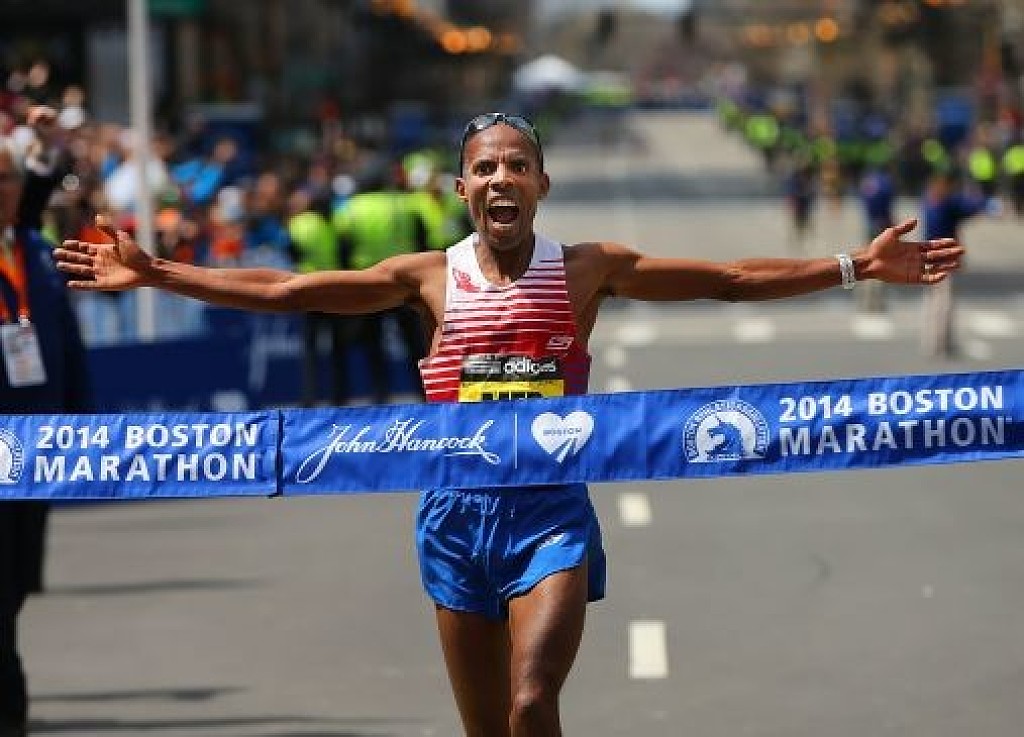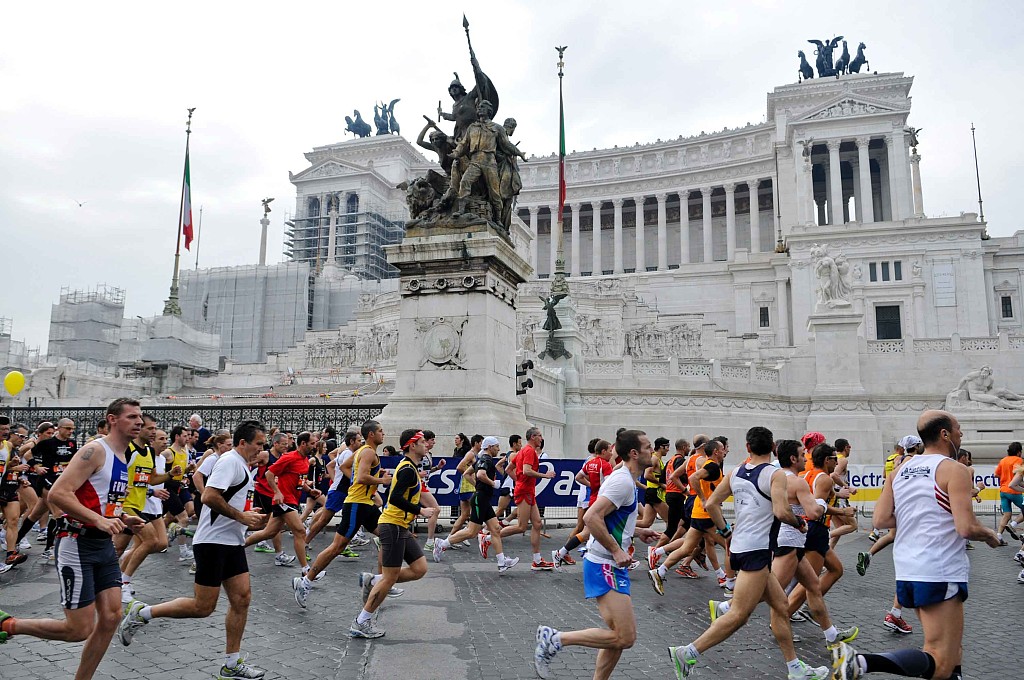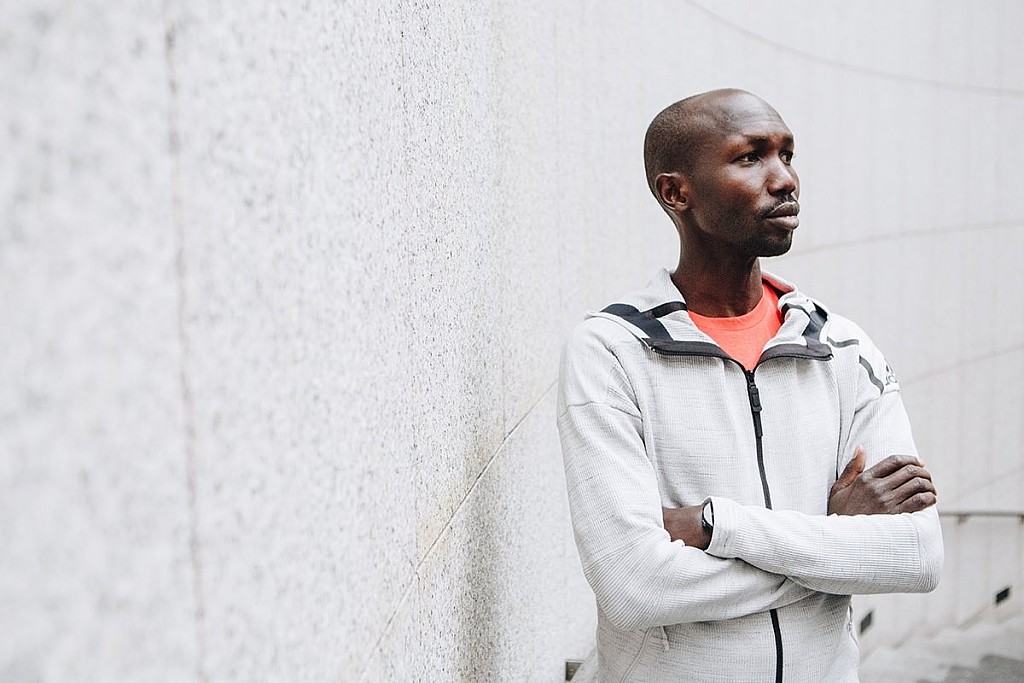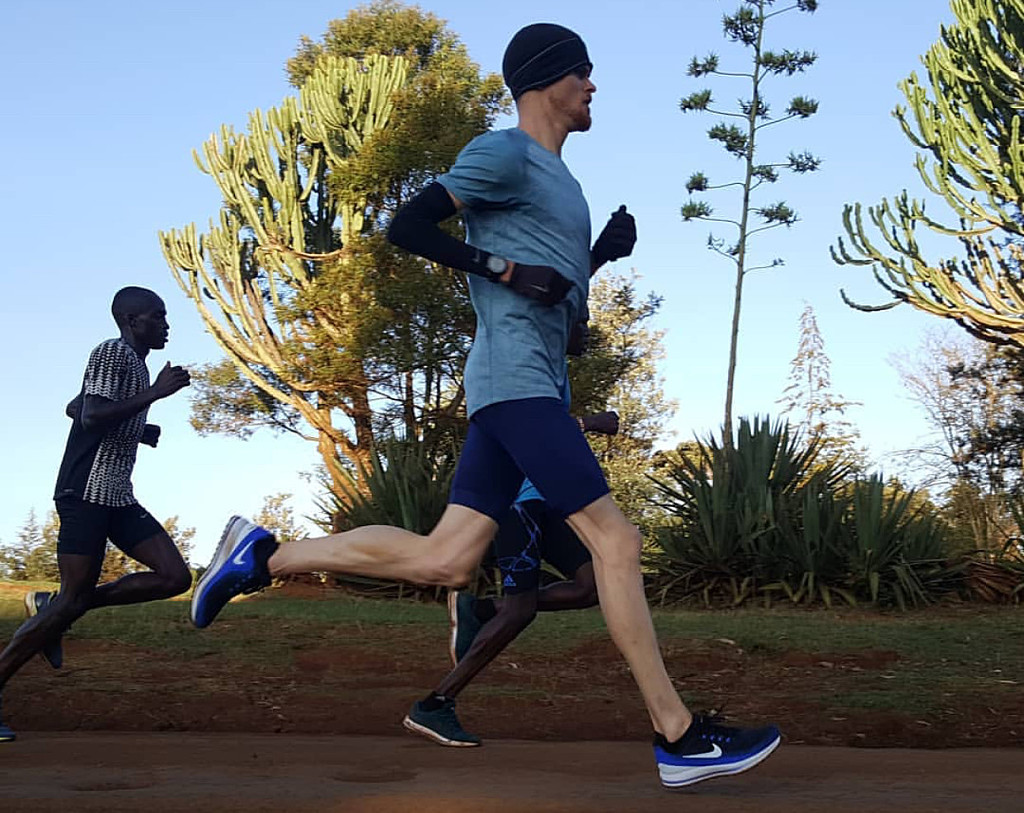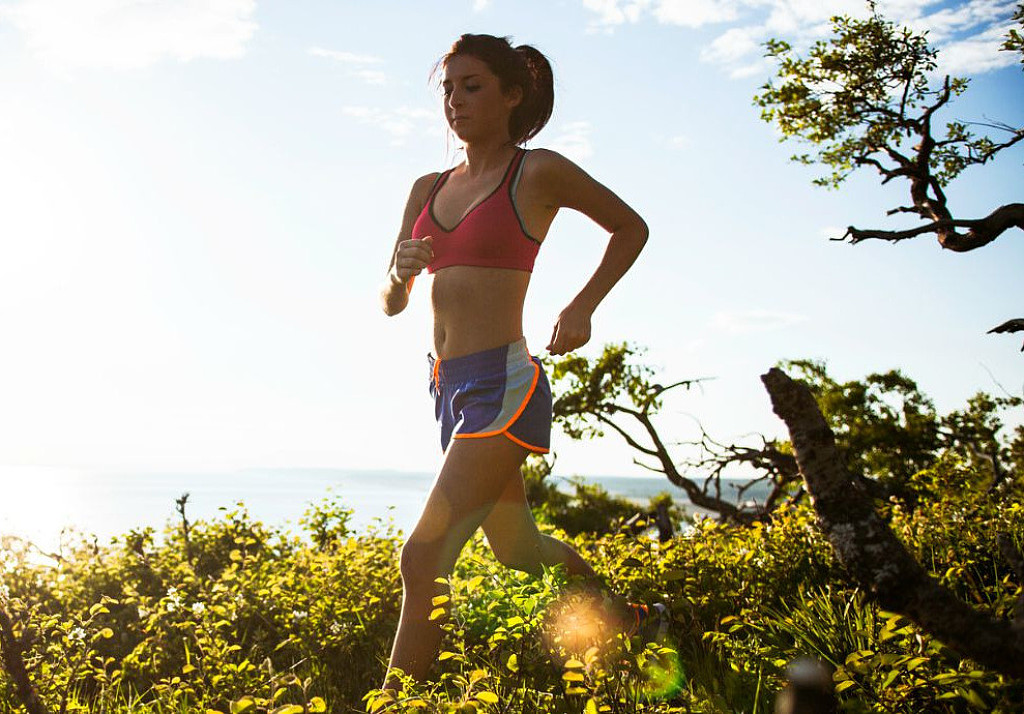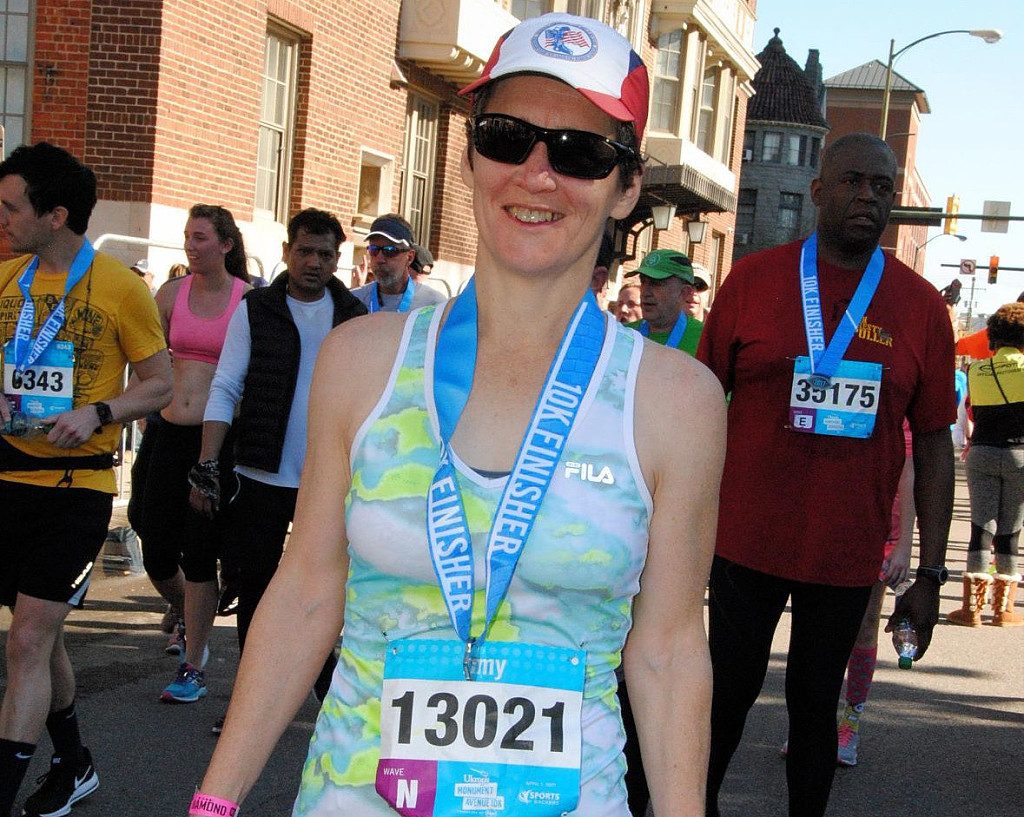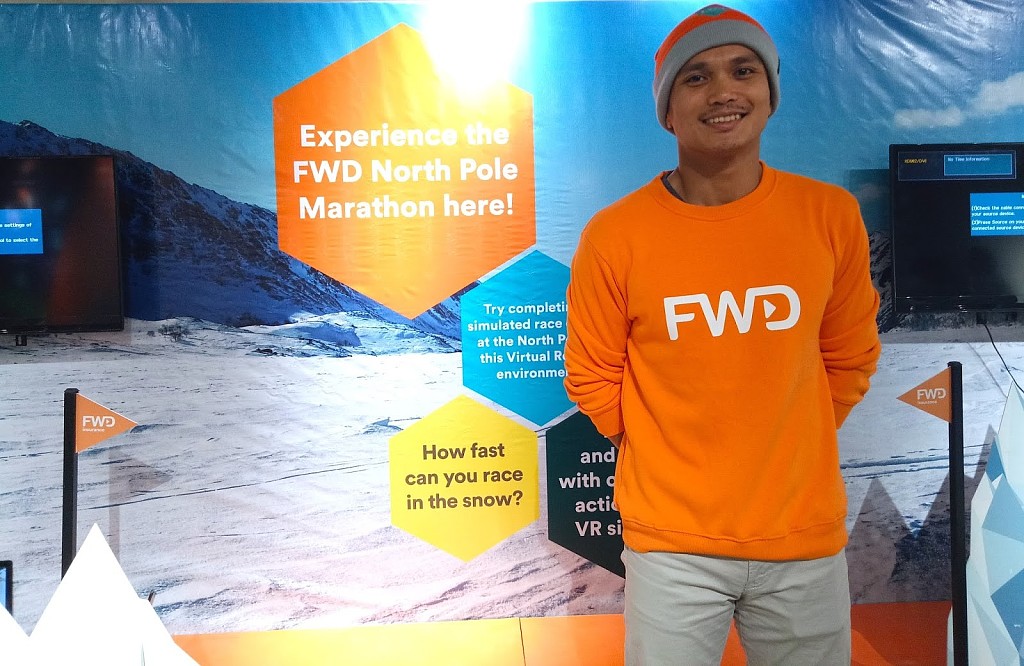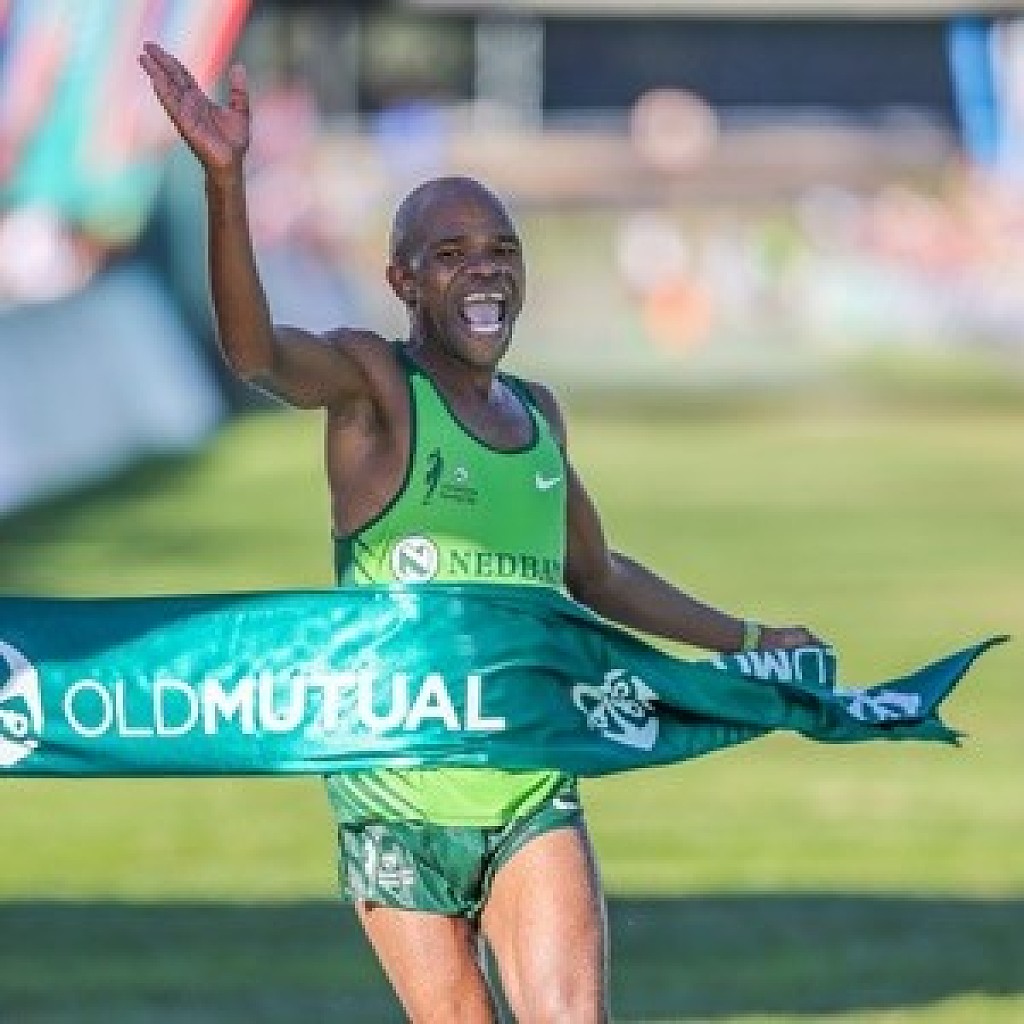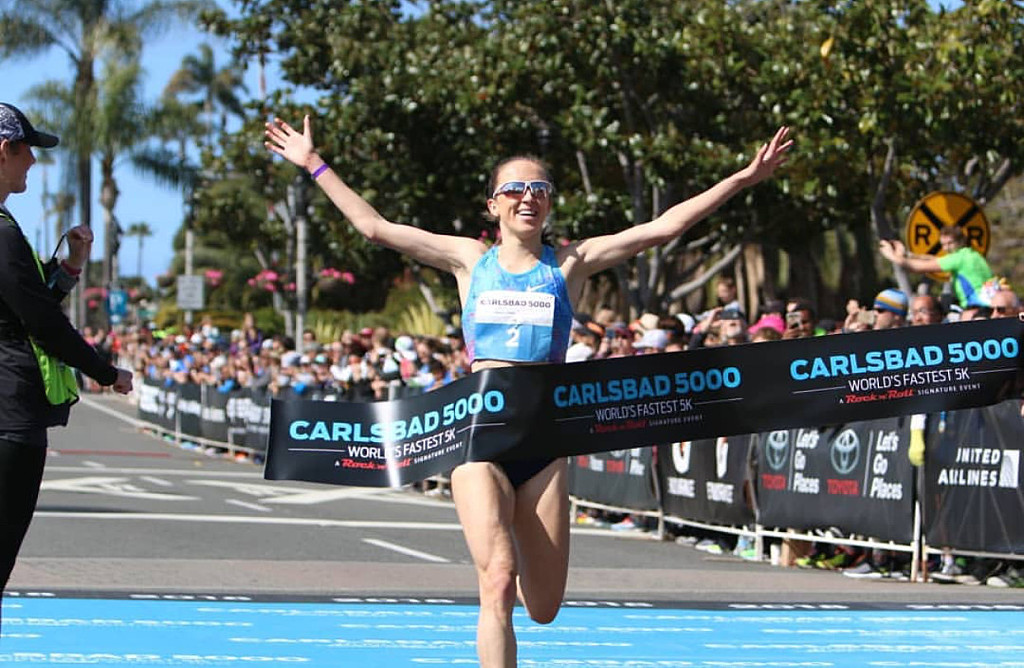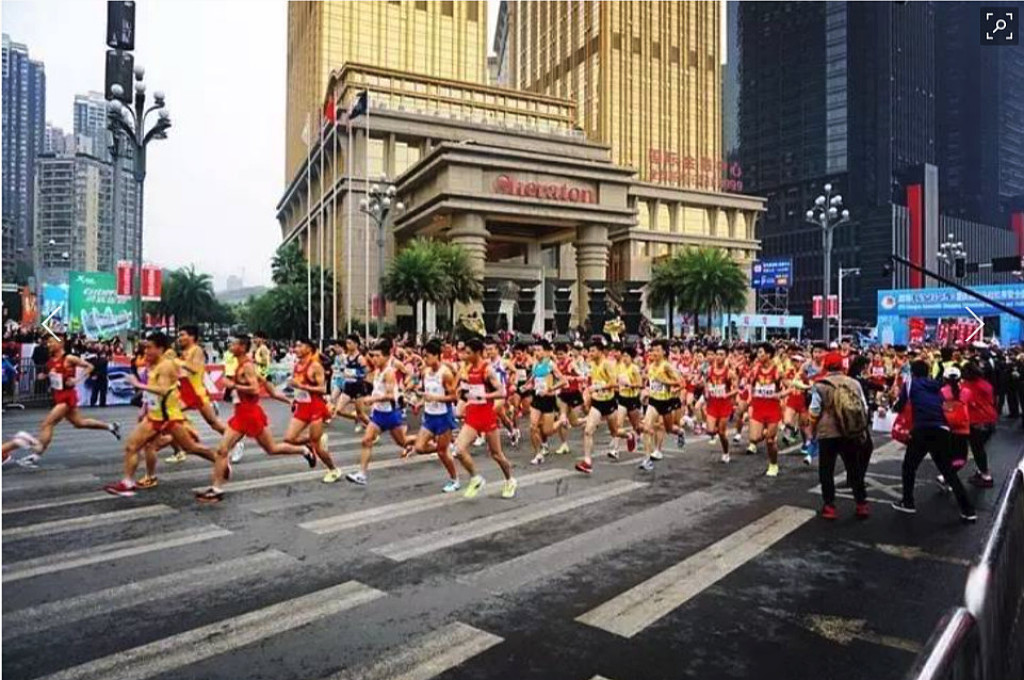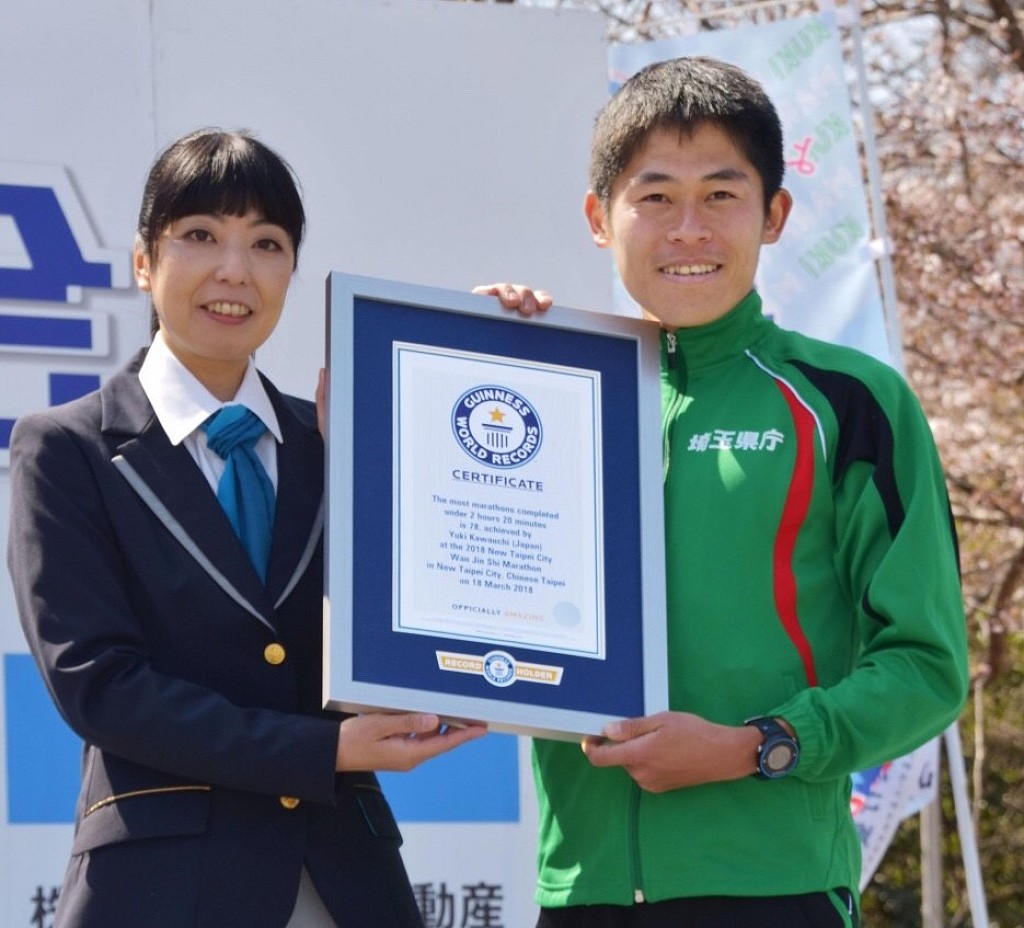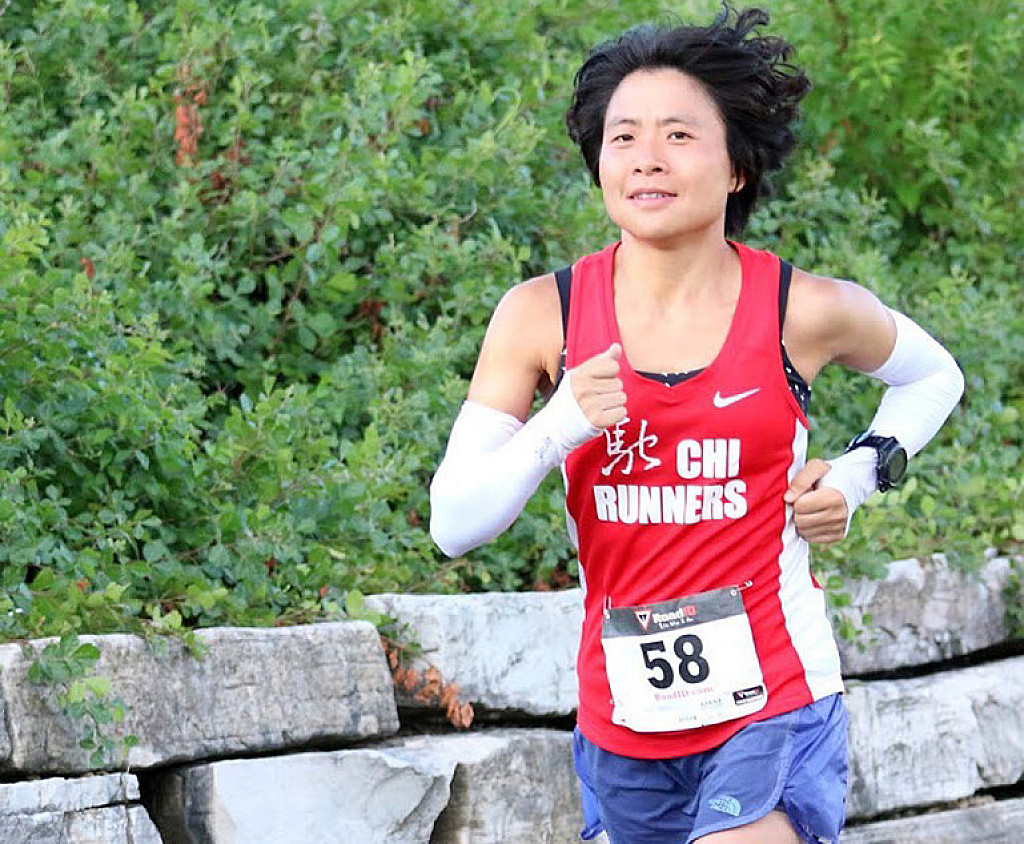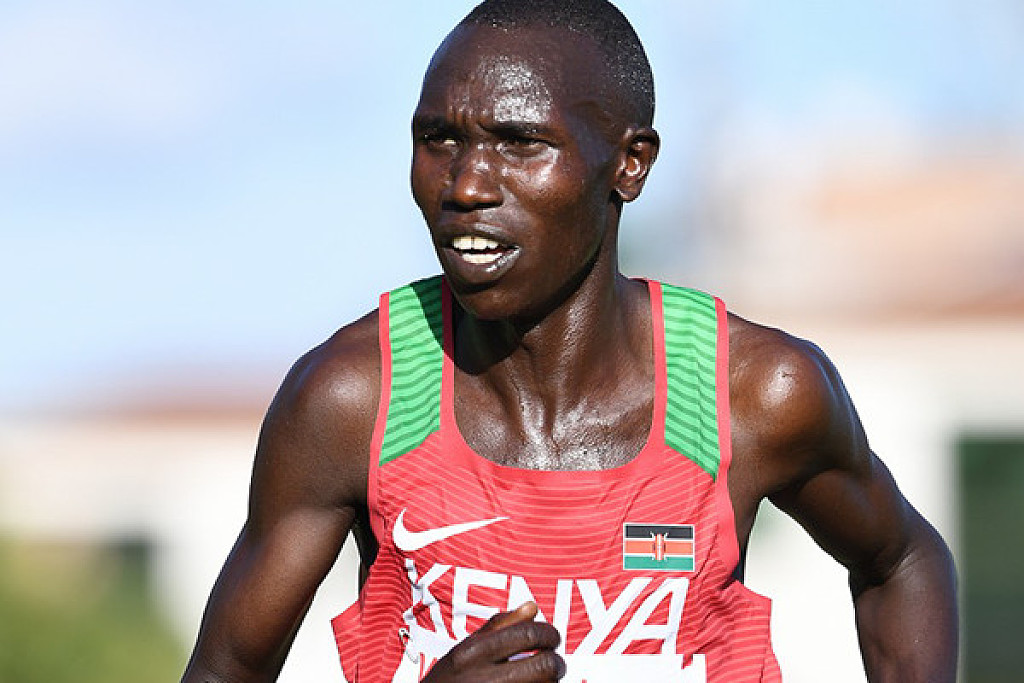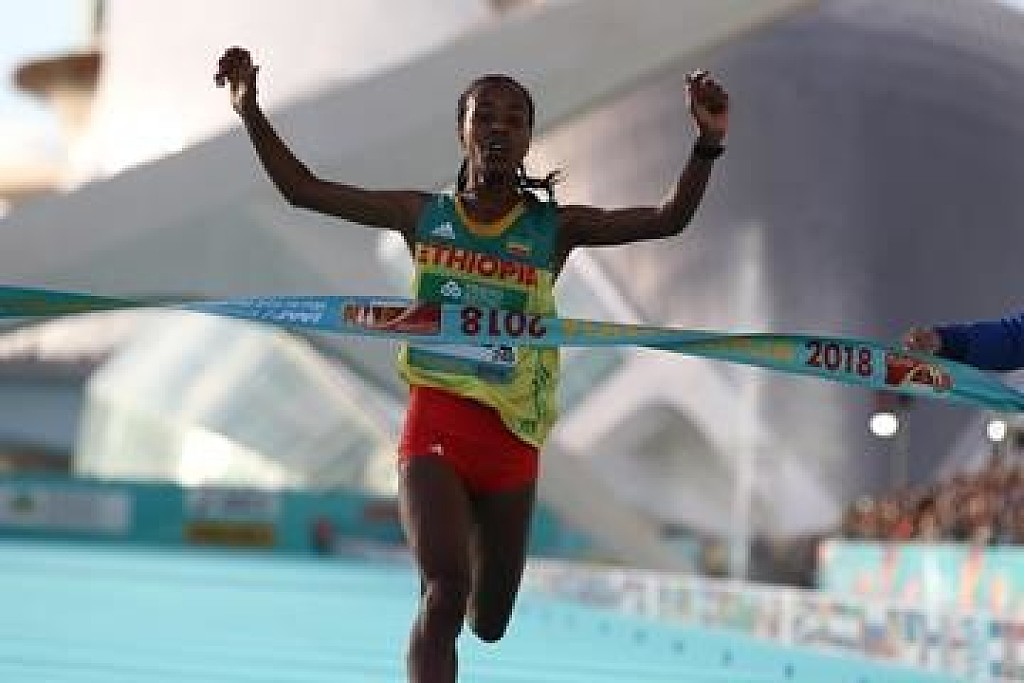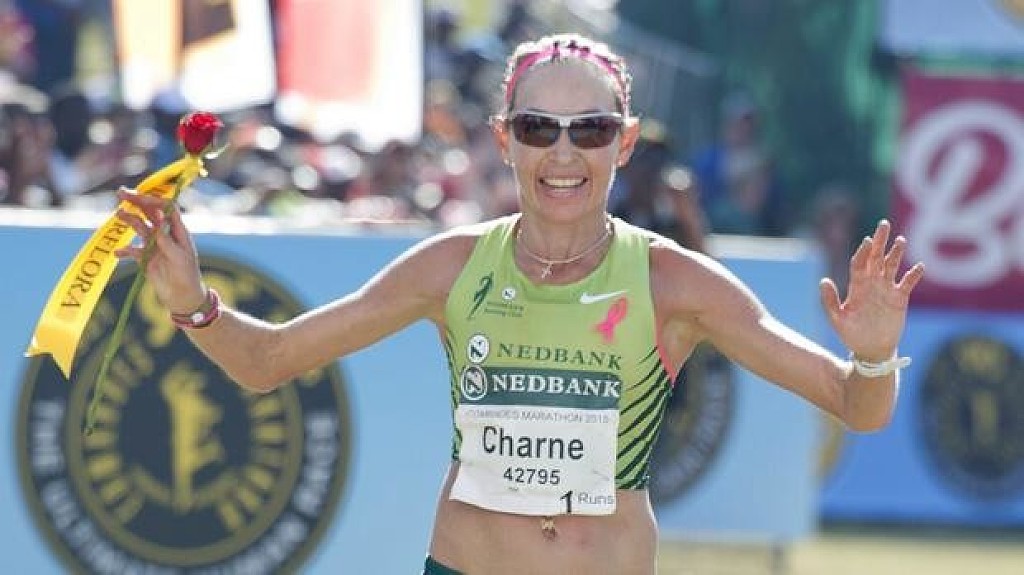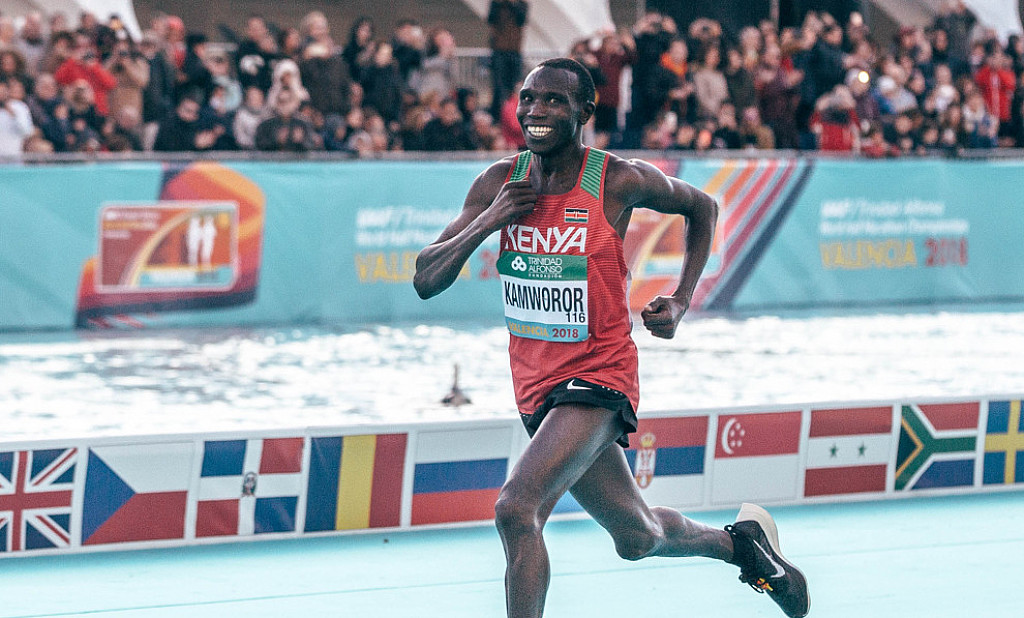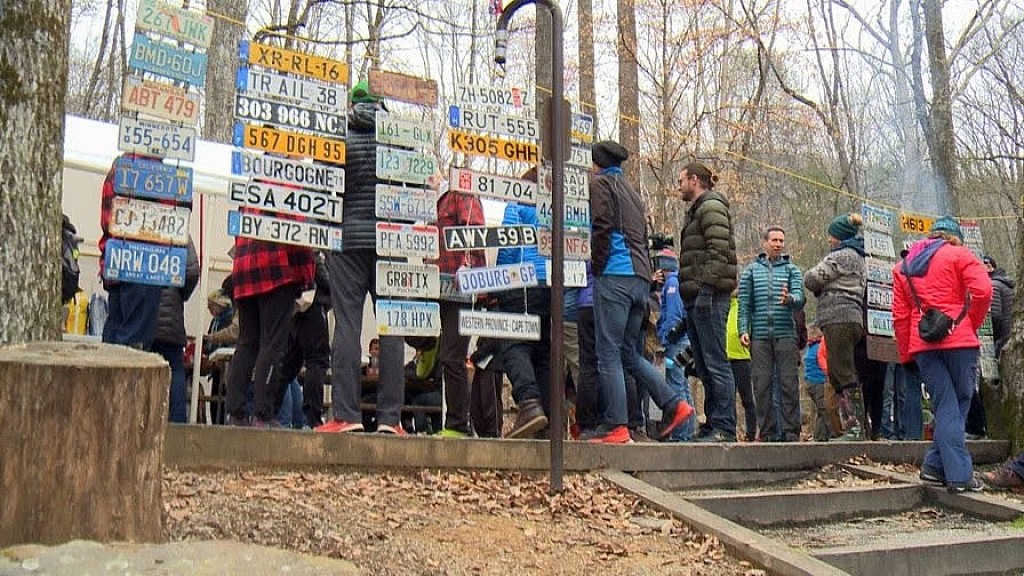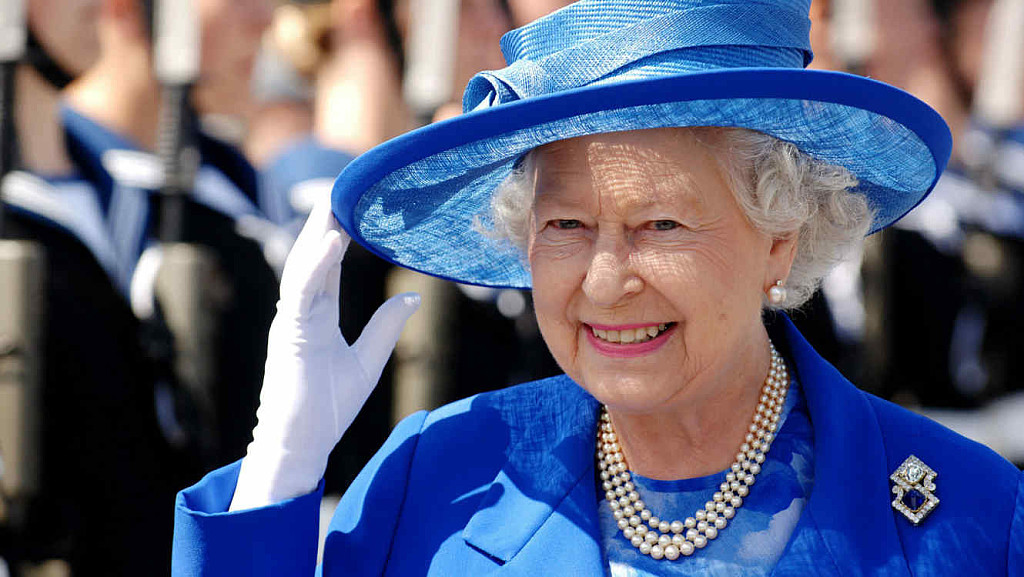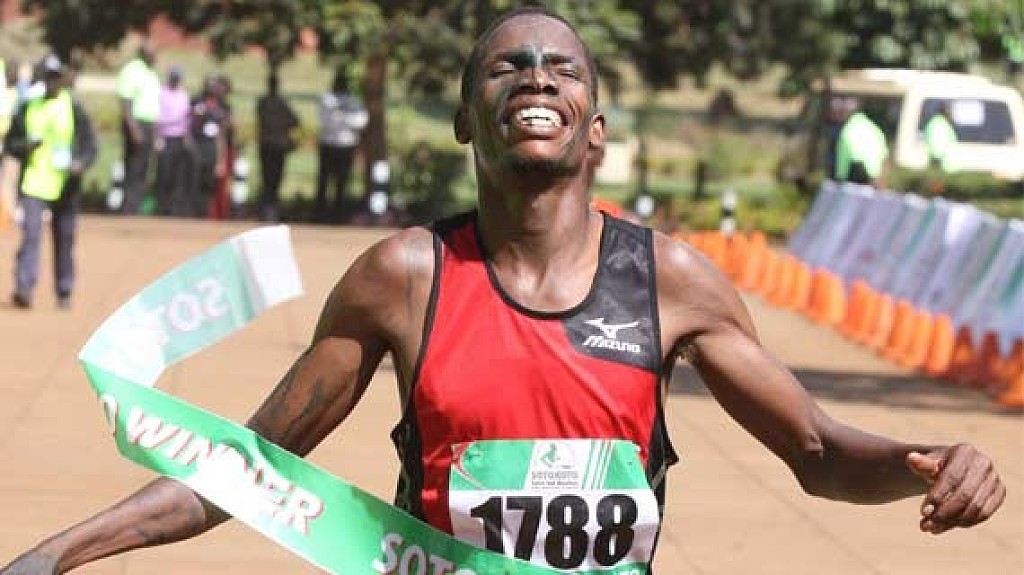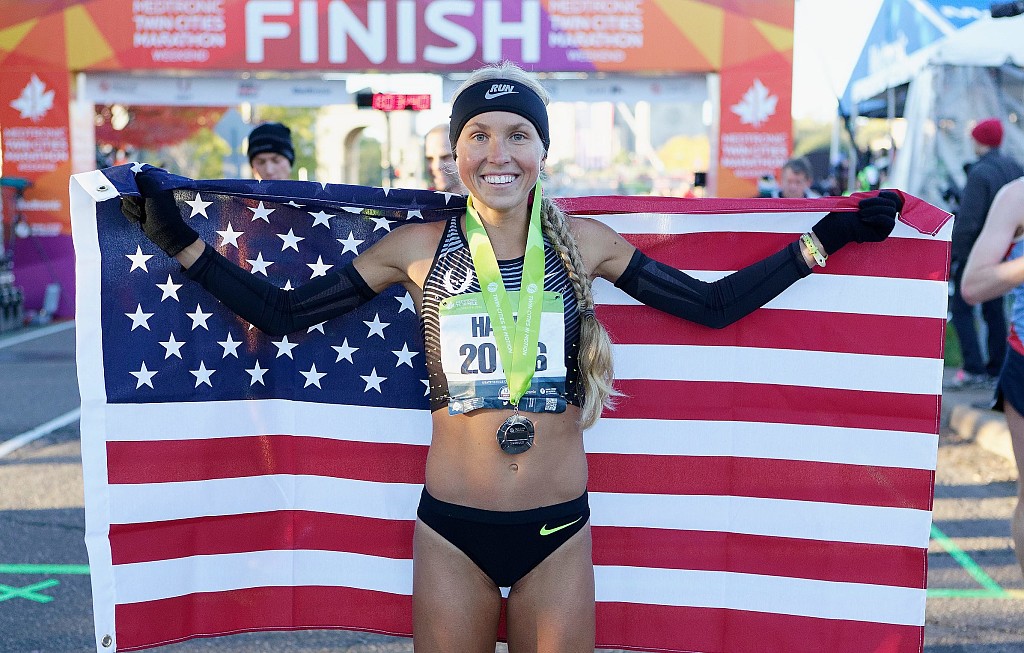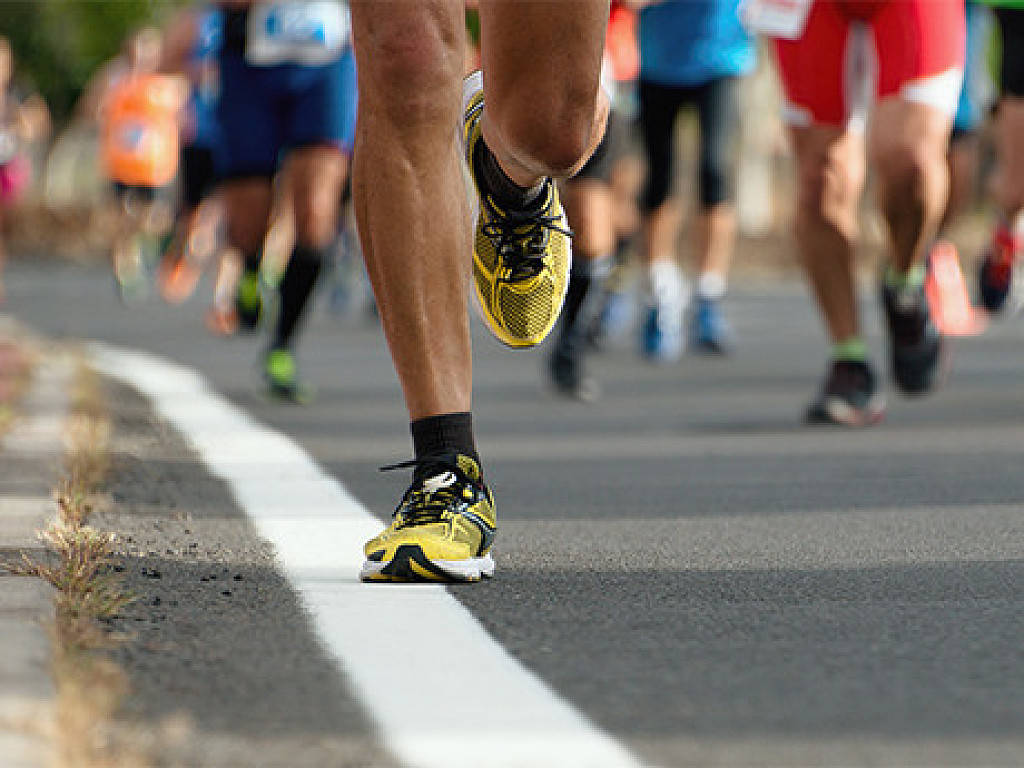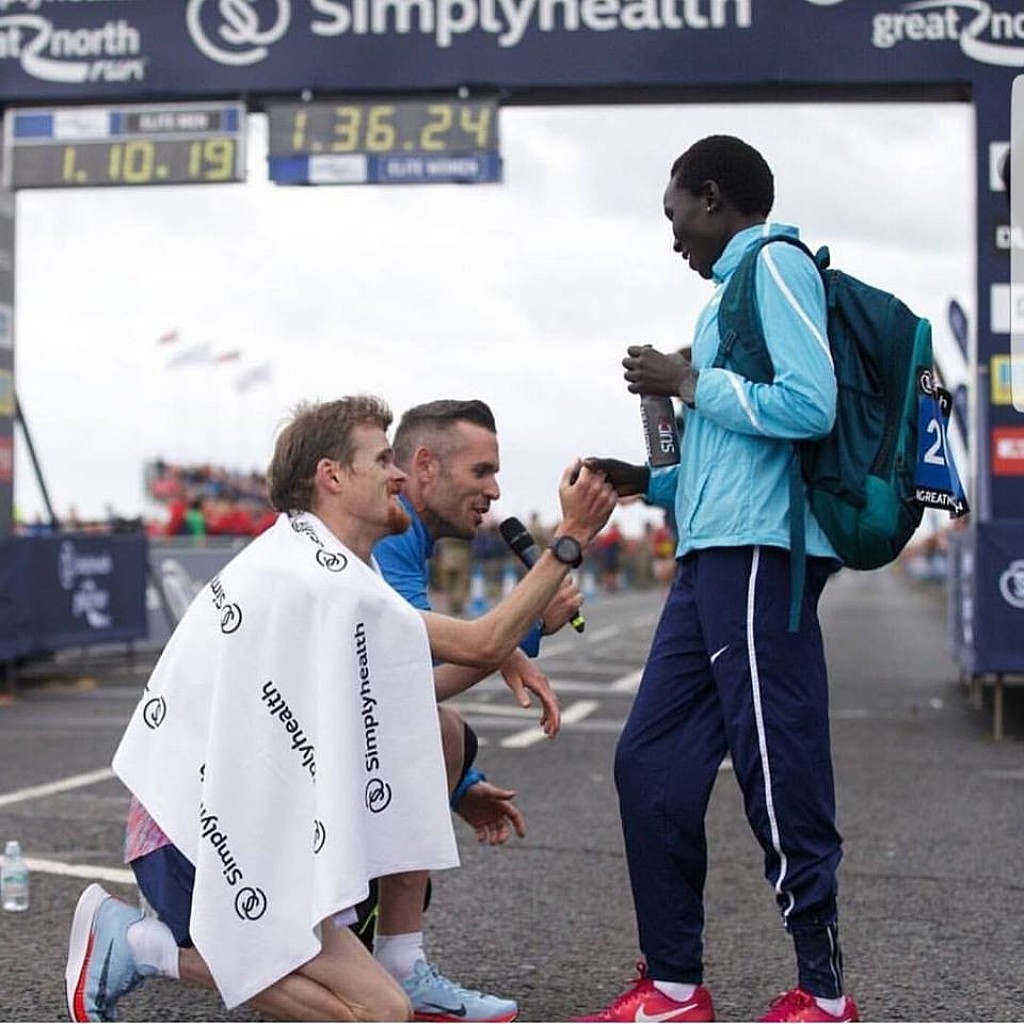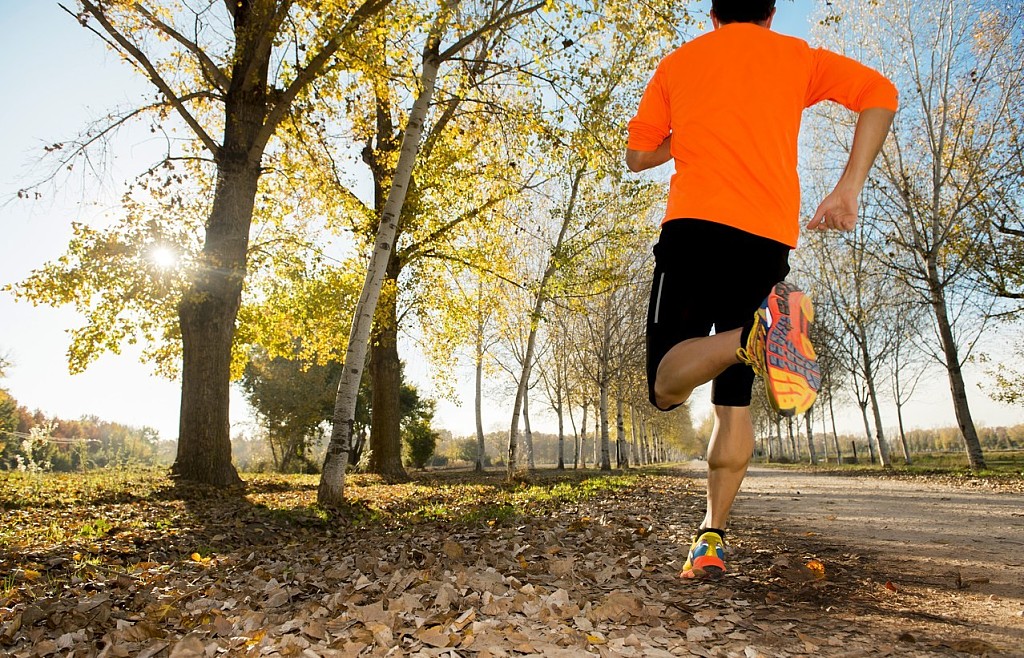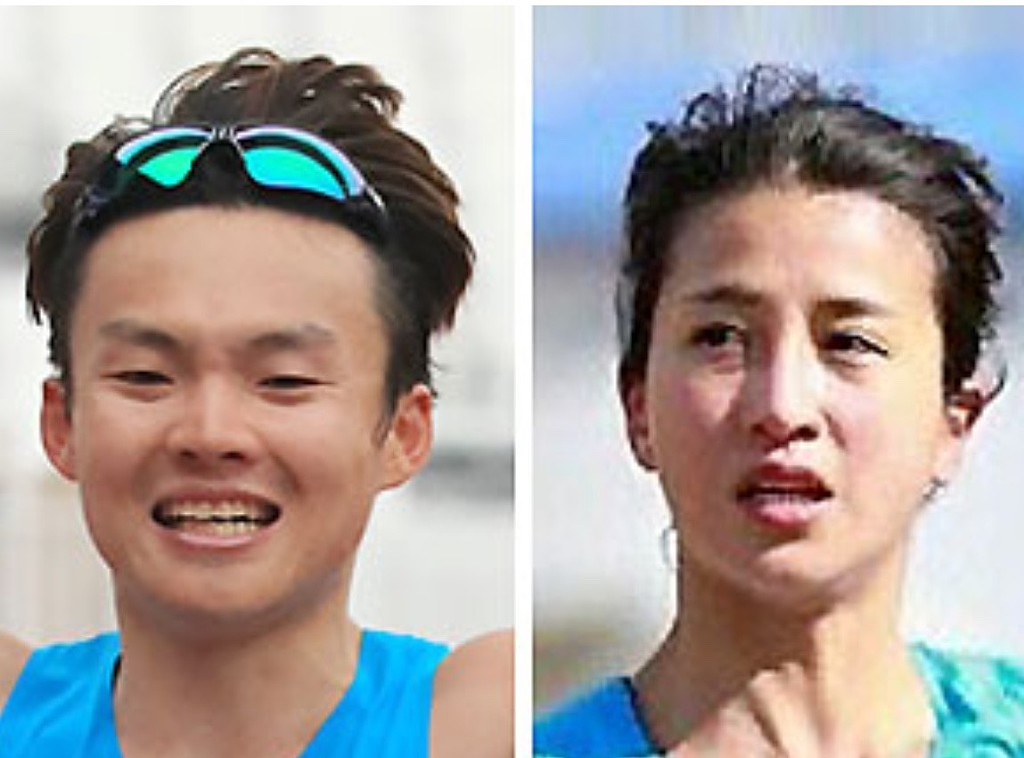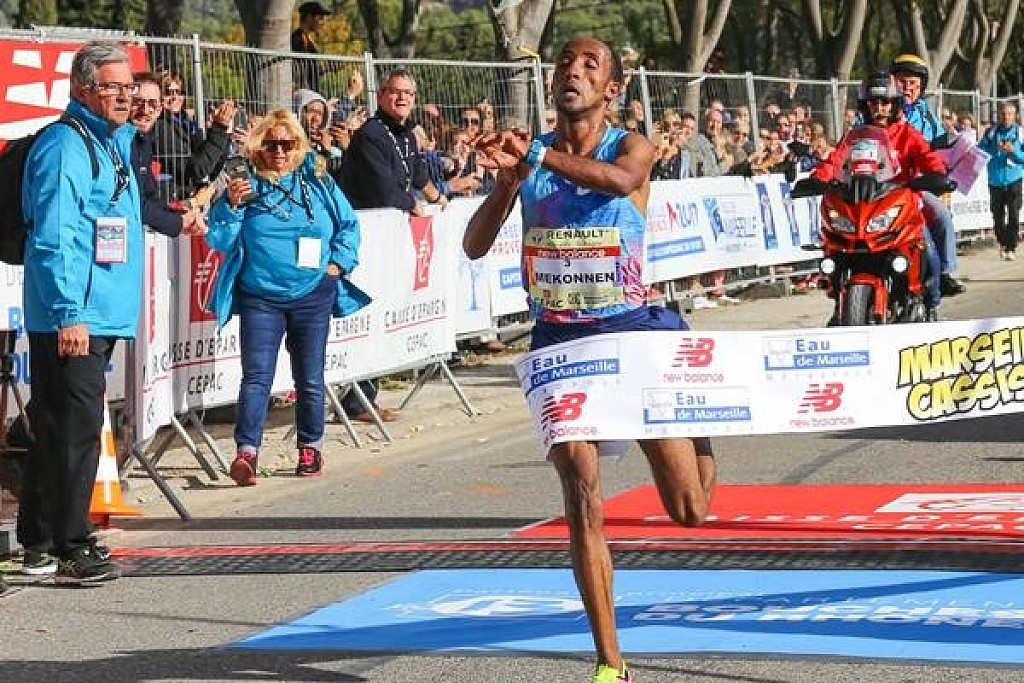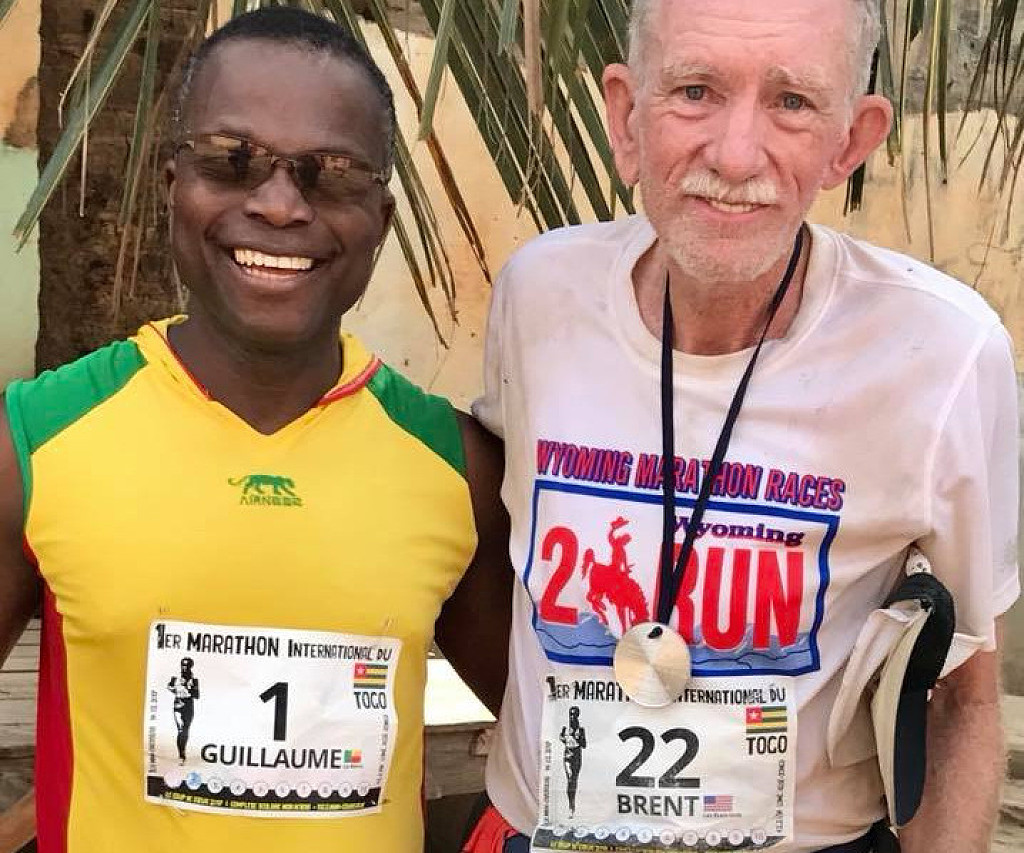Running News Daily
Running News Daily is edited by Bob Anderson in Mountain View, California USA and team in Thika Kenya, La Piedad Mexico, Bend Oregon, Chandler Arizona and Monforte da Beira Portugal. Send your news items to bob@mybestruns.com Advertising opportunities available. Over one million readers and growing. Train the Kenyan Way at KATA Running Retreat Kenya. (Kenyan Athletics Training Academy) in Thika Kenya. Opening in june 2024 KATA Running retreat Portugal. Learn more about Bob Anderson, MBR publisher and KATA director/owner, take a look at A Long Run the movie covering Bob's 50 race challenge.
Index to Daily Posts · Sign Up For Updates · Run The World Feed
Jake Robertson sets a 10K PR and wins Crescent City for second time
New Zealand’s Jake Robertson, 28, also known as the “white Kenyan” since he has been training in Kenya for ten years, came to New Orleans for one reason.
He wanted to be a repeat winner and set a new 10k PR. He did both and more winning the Crescent City 10K in a new PR of 27:28.
Jake blew away the field winning by 50 seconds. Edwin Sol was second in 28:18. Jake’s time ties the New Zealand national record in a 10K road race, with his twin brother. "I think it is even more special than breaking my brother's record, so it's cool," he said.
"I'll keep it for one year. I really tried to change my approach today even though it didn't look like it. I did slow down at one point because I wanted to save a little bit more in the last mile. I really want to get that course record, and I keep getting closer every year." 2018 was a huge year for the Crescent City Classic as it marks the 40th anniversary.
(03/31/2018) ⚡AMPHow Exercise May Help the Memory Grow Stronger
Exercise may help the brain to build durable memories, through good times and bad. Stress and adversity weaken the brain’s ability to learn and retain information, earlier research has found. But according to a remarkable new neurological study in mice, regular exercise can counteract those effects by bolstering communication between brain cells. Neuroscientists have known for some time that the potency of our synapses depends to some degree on how we live our lives. Lack of sleep, alcohol, diet and other aspects of our lifestyles, especially stress, may dampen the flow of messages between brain cells, while practice fortifies it. Repeat an action and the signals between the cells maintaining the memory of that action can strengthen. That is learning. (03/31/2018) ⚡AMPThis Simple Rule Of The Road Can Save Your Life
A study out of Finland shows that one common mistake puts you at a very high risk of danger when running on the roads. It all has to do with which way you are facing traffic when you run. If there is a sidewalk that is, of course, the safest place to be (however you can also take a fall with all the cracks and uneven surfaces), but should you be running on the shoulder, this is an important reminder that you should always run against traffic. The reason is simple, you can't react to something you can't see. Facing traffic, you can react quicker to a wayward, or distracted driver. Jean Knaack, executive director of the Road Runners Club of America, encourages runners to go against traffic. "Running against traffic allows you to see incoming vehicles and to react to them," she says. "If your back is to incoming traffic, you're far less likely to react if a car is not giving you an adequate right of way." This is something to take seriously. There are 122,000 accidents annually just in the US involving cars and runners. 4,000 runners annually are killed by cars just in the US. (03/31/2018) ⚡AMPKenny Capps to run the Mountain-to-Sea trail to raise awareness for Multiple Myeloma
In January of 2015, Kenny Capps, an avid ultramarathon runner from Black Mountain, NC, was forced to stop running after being diagnosed with stage-two Multiple Myeloma, which currently has no cure. After multiple rounds of chemotherapy and infusions, Capps underwent a mostly successful bone marrow transplant in August 2015. With his cancer in check, though not in remission, Capps began running again in 2017. This Saturday, April 1, 2018, Capps will depart from Jockey’s Ridge State Park near Nags Head, North Carolina on the Mountains-to-Sea Trail destined for Clingmans Dome, 1,175 miles away, to raise awareness and funds for Myeloma. “Kenny is an inspiration to us all,†said Dave Petri, Farm to Feet VP of Marketing. “He is facing down two intimidating foes, cancer and a thousand mile-plus trail run, and we look forward to running with him when he crosses into Surrey County.†(03/30/2018) ⚡AMPSteve Bassan was told 16 years ago that he would have to spend the rest of his life in a wheelchair now is running his 100th marathon
A 65-year-old man who was told that he would need to prepare to spend his life in a wheelchair is set to tackle his 100th marathon in Manchester UK next month. 16 years ago, doctors told Steve Bassam that his rheumatoid arthritis had become so severe that he would be unable to walk, yet, remarkably, by 2004, his condition was in remission – which is when he discovered running. Sunday April 8 will be a very special day for Steve, he selected the Manchester Marathon to be his 100th marathon. Steve completed his first 5k after being informed that his condition had gone into remission and, two years later, completed his first marathon. At the finish line, he saw someone wearing a ‘100 marathon club’ jersey and thought to himself, 'that’s my new ambition'. “I became driven by the ambition to run 100 marathons,†says Steve. “I have chosen Manchester to be my 100th as it is my local marathon, and will be supported by many of my friends from the Middleton Harriers Running Club, the Club I am a member.†(03/30/2018) ⚡AMPTwo children have six World Records to their name on all seven continents
Mekaal (10) and Zara Rahim (11) became the youngest male and female in the world to achieve the feat when they crossed the line in Canberra, Australia. The previous record was held by Americans, Bianca Ramirez and Nik Toocheck, who were both 12 when they did it. In addition Mekaal and Zara also achieved World Records for: youngest siblings to complete a marathon on each continent and youngest male and female to complete an ultra-marathon in Antarctica. They are now just a few World Records behind their father Ziyad, who holds 10 himself in long-distance running, with both youngsters aspiring to break them when they grow up. Zara and Mekaal, who spend every summer with their grandparents and cousins in Craigmarloch, began their challenge last July after being inspired by a documentary about Syrian refugees. (03/30/2018) ⚡AMPSouth African's David Gatebe gunning for 56K Two Oceans Marathon record
Gatebe is intent on doing to the Old Mutual Two Oceans Marathon record what he did to the Comrades Marathon two years ago - obliterate it. “David says he’d like to break the record,†said his coach John Hamlett on Wednesday. “And he’s looking good for it. Of course it is not an easy record and with the seconding restrictions at Two Oceans, we will find it a little difficult to feed him well. But he is going for it.†Gatebe and Edwin Khonkhobe are Hamlett’s two athletes who will be going to the Mother City to compete for the title on Saturday. “Edwin is a very fast, new kid on the ultras block who has really come alive and we are hoping he gets onto the podium.†The record that David will try to beat is 3:03:44 set by Thompson Magawana in 1988 for the 56K (35 mile) race in Cape Town, SA. (03/29/2018) ⚡AMPChris Walker is running the London Marathon in support of his blind veteran friend
Navy veteran, Jamie Weller, has achieved so much since his lost his sight over 20 years ago. His best friend, Chris Walker is now running the London Marathon to thank the charity. Blind Veterans UK is a London-based charity that was originally set up to support soldiers who were blinded in World War I. The charity has now helped more than 35,000 veterans and their families. The director of engagement at BVUK, Jackie Harbor, says: “We’re committed to the belief that no one who has served for our country should have to battle blindness alone. “Our core aim has always been to provide blind and vision-impaired veterans with the support they need to lead full and independent lives.†BVUK continue to help Jamie, many years after he originally lost his sight. (03/29/2018) ⚡AMPInjured Jepkosgei says she will return stronger after her recovery
Kenya's Joyciline Jepkosgei says she will return stronger after her recovery from a foot injury she sustained prior to the World Half Marathon in Valencia, Spain. Speaking to Xinhua from Eldoret on Thursday, Jepkosgei, who despite her injury concerns, held on to win silver at the World Half Marathon last week, believes that once she is back in form she will challenge the world record in the 10km and the half marathon. "Success comes and goes, and to me, everything remains about my faith, training and recovery. What I have planned for 2018 is to challenge some course and world records in selected races that my management will pick. For the full marathon, I will have to bide my time and wait for 2019," she said. (03/29/2018) ⚡AMPEthiopian legend Tirunesh Dibaba explains her passion for running
“I was motivated and inspired to run from a young age because of the success my older sisters and my cousin Derartu Tulu the 1992 and 2000 Olympic 10,000m champion, enjoyed in the sport.
I started running at school. I used to win all the races. In fact, I was so successful I was regularly assigned to race against the boys!.
“I later developed into a professional runner and enjoyed my first major senior success when winning the World 10,000m title at the 2003 IAAF World Championships in Paris. That was the moment for me when I knew I possessed a gift for running.
“Running has given me so much throughout my life. It is always a thrill for me. It makes me happy and my passion is such that nothing else in life can match that same high I get when running.
“I also love the competitive side of the sport and nothing beats that feeling of winning after putting in many months of hard training in the countdown to a big race," Tirunesh Dibaba says.
(03/29/2018) ⚡AMP96-year-old Mike Fremont still runs 10 miles three times per week
Mike Fremont, who turned 96 years old on February 23, still runs 10 miles three times per week. He canoes the other days. He holds four single-age world records (Marathon: ages 80 and 90 years old and Half Marathon: ages 90 and 91) and continues to compete today. He has been running his whole life, but attributes his excellent health and spunk to his vegan diet. When not running or paddling his canoe, Fremont volunteers his time speaking at schools to encourage others to live healthy lives and encourage environmental conservation. He’s as “rare as the yeti,†says his friend and accomplished ultrarunner, Harvey Lewis. Lewis, 42, of Cincinnati, Ohio, thinks Fremont should still “buy green bananas. His quality of life is outstanding. He can go farther than most Americans of any age. Mike has the energy of a high-school teenager,†says Lewis. “In fact, probably more. He can do more pull-ups—eight at one time—and push-ups than many active young people. And he will have you laughing within minutes. He’s humble, often kidding at his own expense.†When he was 60 he ran a 3:20 marathon. Not too bad, but the world record at that time was 2:36. At 90 he ran a 6:37 marathon. It set a world record. Almost twice what it took 30 years earlier. (03/28/2018) ⚡AMPInspirational Stories
Bill Sumner is one of the fastest 70 plus runners in the country
Bill Sumner has been running the Carlsbad 5000 for years. This year he moved into a new age-group (70-74) and he placed first running 21:11.
This is the second fastest time (70+) over the last 12-months of all the races My Best Runs is tracking. Only Dave Glass (70) who ran 20:54 at the Syracuse Festival of Races is faster...
"Bill and I have been bumping into each other in Carlsbad over the last 25 years," says Bob Anderson. "I have beaten him a few times but not lately. Two things has not changed over all these years. First his love for running is as strong as ever. And secondly he is always happy with a warm smile."
Bill in his prime ran a 30-minute 10,000 meters, and was a 4:16 masters miler in his 40s. Sumner helped start Cal Coast running club in the 1970s, when he organized a campaign to collect "gently used" running shoes for needy high school teams.
The club is still going strong. "I'm trying to save everybody," Bill says. "I read that if you try to please 100 percent of the people 100 percent of the time, you'll fail. But I'm still trying."
(03/28/2018) ⚡AMPby Bob Anderson
The Cherry Blossom Ten Miler has a lot of exciting things Planned
Joan Benoit Samuelson, Meb Keflezighi and Deena Kastor highlight race and Health & Fitness Expo lineups. The 2018 Credit Union Cherry Blossom Ten Mile and 5K Run-Walk, to be held on April 8, will truly offer something for everyone with an interest in distance running. In addition to hosting the 2017-18 Professional Road Running Organization (PRRO) Championship, and the Road Runners Club of America (RRCA) National 10-Mile Championship...America’s three most highly decorated marathon runners will be making appearances and signing autographs leading up to and including race day. “We are pleased to have true American marathon royalty appearing at our Health and Fitness Expo this year,†said Event Director Phil Stewart. “Joan, Deena and Meb have been the dominant names in American marathon running going back to the 1980s when Joan won the gold medal in the first women’s Olympic Marathon in 1984â€. (03/28/2018) ⚡AMPRunners who are better at controlling their emotions tend to have better performance
Runners with higher emotional intelligence finish half marathons quicker, suggests new research published in the journal Personality and Individual Differences. The study found that emotional intelligence was linked to better times in a half-marathon race. “My co-authors and I are all interested in how emotions influence human behavior, although we look at this question from different points of view,†said Enrico Rubaltelli, an assistant professor of cognitive psychology at the ‎University of Padova and corresponding author of the study. The researchers had 237 runners fill out a survey the day before they participated in a half-marathon race. The survey included the Trait Emotional Intelligence Questionnaire, and also asked a number of questions about their physical training. Rubaltelli and his colleagues found a positive association between emotional intelligence and run times. (03/28/2018) ⚡AMPScherf and Richards sets world indoor Marathon records at the Armory
The 31-year-old American psychology and kinesiology Harvard graduate, Lindsey Scherf, returned to an old happy hunting ground, the Armory Track and Field Centre in New York City on March 18, to set a world indoor marathon record of 2hrs 40min 55sec after running 211 laps around the banked 200m track, eclipsing Finnish athlete Laura Manninen’s mark by 1min 35sec. “This ranks among my top-five accomplishments. It’s right up there with my American Junior record for the 10k and my 25k national championship. It was an amazing experience returning to the Armory and incredibly some of the officials on duty last week were there when I ran as an 11-year-old! That pace was 6:08 per mile for 26.2 miles. In addition, Scherf walked away from the race $7,000 richer—$3,000 for winning, and $4,000 more for her world record. Malcolm Richards, had an equally impressive day, breaking the tape in 2:19:01 also a world record. (03/28/2018) ⚡AMPOnce you start keeping a log and setting goals you get hooked then comes Boston five times
Rod Fraser, 61, just wanted to stay in shape and keep up with his kids, when he started running 25 years ago. “It was more of a recreational thing for the first few years,†said Rod. “I’d do a 5K, four or five times a week… but what I found along the way was, once you start keeping a log and setting goals, that’s how it starts — you get hooked.†In 2004, he ran his first marathon — the Scotiabank Toronto Marathon — finishing among the top 20%. Then it was on to the next one. “I’m sure everyone is different, but once I did a couple I was committed, and after a few more you become addicted.†Since then, Fraser has knocked off an impressive 35 marathons over 14 years (last year was his busiest, with five), including four appearances at the prestigious Boston Marathon, where he’ll be returning next month, along with 30,000 other qualifying participants. “It’s quite amazing,†Fraser said of what’s considered by many to be the Holy Grail of marathons. The April 16 race begins in Hopkinton, Mass and ends on Boylston Street in downtown Boston. “The whole city embraces it; everyone supports you and treats you like a rock star.†(03/27/2018) ⚡AMPNo one finished the gruelling Barkley Marathons race this year
At the 2018 Barkley Marathons, it was the course -- not its runners -- that was the victor again. “The weather and the course got the better of everybody this year,†said Geoff Langford of Ridgeline Events, This year’s racers faced rain, lightning and cold temperatures. The full five-loop course must be completed in 60 hours, or 12-hours per each 32-kilometre loop. If runners complete the first three loops in under 40 hours, it is considered a successful completion of the “fun run†version of the race, though that is usually a failed attempt at the main event. To mark a runner’s failure, a bugle is played. (03/27/2018) ⚡AMPVF corporation bought the running shoe brand Altra
North Carolina’s VF Corporation has bought running-shoe brand Altra. For Altra, a company born in the kitchen of one of its founders, the move is indicative of astronomical growth over the past decade. In 2008, marathoner Golden Harper began melting shoes in a toaster oven and cutting excess midsole foam from the heel, believing that a flatter midsole would help alleviate running injuries. VF owns North Face, which also makes running shoes. With both brands under the same umbrella, they could be forced to alter the products they manufacture or the consumers they target to avoid competing with one another. (03/27/2018) ⚡AMPThe New York Marathon title is Kamworor's Next major focus
IAAF World Half Marathon champion Geoffrey Kipsang Kamworor has shifted focus to defending his New York Marathon title on November 4. However, before going for his second marathon title, Kamworor the Kenya Police Service Officer, will focus on lowering his 10,000m personal best (PR) of 26 minutes 52.65 seconds in the upcoming Diamond League series starting in Doha, Qatar. Speaking shortly after landing at the Jomo Kenyatta International Airport on Monday from Valencia, Spain, Kamworor said he will rest for about two weeks before resuming training, eyes on the Doha meet. “I’m very happy to defend my title. I’m very happy for my victory it was my third but it was still just as exciting as the first time I won it,†said Kamworor. (03/27/2018) ⚡AMPHere is the plan to keep track of the 300,000 plus personnel at 2020 Toyko Olympics
The 2020 Olympic Games in Tokyo will deploy facial recognition technology to screen staff and athletes for the first time in Olympic history, the Kyodo news agency reported on Tuesday. After collecting photographs of staff and athletes in a single database, organizers will issue ID cards enhanced with IC chips, which will help automatically identify those entering the venues. The 2020 Tokyo Olympics expect to employ anywhere from 300,000 to 400,000 personnel, and the use of these advanced technologies will help facilitate their movement. The use of face scanning technologies is supposed to prevent people using borrowed, stolen or counterfeit ID cards from entering Olympic venues. (03/27/2018) ⚡AMPKenyans steal the show at the Warsaw Half Marathon on Sunday
Kenyans stole the show in the men's and women's races at the 13th edition of the PZU Warsaw Half Marathon on Sunday. It was a double victory for the African country as Ezrah Sang and Pauline Njeru won in 1:01:37 and 1:10:02 respectively. Sang, one of the pre-race favourites, attacked three kilometres from the finish to run away from Kassa Mekashaw of Ethiopia, with Hillary Maiyo, a regular on Polish roads, taking third place. Returning to Warsaw after four years, course record-holder Njeru became the first repeat winner of the women’s contest in the history of the race. After having lost all her rivals just after the halfway point, she was never in danger of being caught. Birhan Mihretu and Marege Hayelom, both of Ethiopia, followed her home in second and third. (03/27/2018) ⚡AMPSouth Africa's mountain Climbing champion taking on Two Oceans for fifth time
The Old Mutual Two Oceans Marathon, is a grueling, character building Ultra Marathon attempted by thousands of citizens, and amongst them, is South Africa’s mountain climbing champion Sibusiso Vilane who became the first black African to summit Everest twice and by two different routes...“When I line up at the start of the Two Oceans ultra-marathon, this will mark the beginning of multiple challenges I have set for myself this year. This will lead to my attempt to summit Mount Everest without supplemental oxygen in May. These events are personal ambitions but with a purpose. This year’s Two Oceans will be my fifth yet it will be the most purposeful because all my efforts of trying to finish the 56 gruelling kilometres of the race will be for the education of an African Girl Childâ€, says Vilane. (03/27/2018) ⚡AMPMeb is running Boston in honor of the youngest bombing victim
Meb Keflezighi, a marathoner who came to symbolize resiliency and the Boston Strong spirit after the Marathon bombing, will be back in Hopkinton this April to run the Boston Marathon again. He’ll be running “on a non-competitive basis†to raise money for the Martin Richard Foundation , named in honor of the youngest victim of the bombing, according to Team MR8. Keflezighi, the 2004 Olympic silver medalist in the marathon, ran and won Boston in 2014 in honor of the victims. An American man hadn’t won since 1983, and with the race only two weeks before his 39th birthday, he was the oldest winner since at least 1930. (03/27/2018) ⚡AMPA strong Elite Field will take on the 24th Annual Rome Marathon
On April 8, Ethiopian's Rahma Tusa, 24, will be targeting her third straight victory at the ACEA Rome Marathon. Rahma has a 2:25:12 lifetime best, clocked 2:28:49 in 2016 and 2:27:21 last year. A third victory will equal the feat of her countrywoman Firehiwot Dado, who won in 2009, 2010 and 2011. She'll be facing Kenyans Sharon Cherop (2:22:28) and Angela Tanui (2:26:31), Ethiopian Afera Berha Godfay (2:28:46) and 19-year-old Bahraini Dalilah Abdulkadir Gosa, who'll be making her debut over the distance. The leading contenders in the men's race are Kenyan Jafred Chirchir Kipchuma (2:05:48 PR) and Ethiopian Girmay Birhanu (2:05:49). 14,100 runners have registered for the marathon which this year celebrates its 24th edition. Last year over 13,000 runners crossed the finish line, of whom 7,399 were Italian and 5,913 foreign. (03/27/2018) ⚡AMPWilson Kipsang did run the Tokushima Marathon and in fact won it Sunday
Kenya’s Wilson Kipsang won the 2018 Tokushima Marathon Mar. 25 that took place in the city of Tokushima, Japan. 12,400 people took part. Invited elite athlete Wilson Kipsang (Kenya), the 2012 London Olympics bronze medalist, won in 2:19:35. Local runner Takumi Matsumoto was 2nd. Kipsang's time was just over four minutes off the course record of 2:15:25 set by Yuki Kawauchi in 2014. Kipsang is in the process of establishing a fund to support improvement of the living environment and education of children in his home country and is taking part in activities to support that end. (03/26/2018) ⚡AMPJake Robertson was the first non-African to Win CCC10K since 1997
Jake Robertson (NZ) last training session (photo) in Kenya before traveling to New Orleans for the Crescent City Classic 10k this Saturday. He won last year running 27:55 (PR), 15 seconds ahead of Kenya's Edwin Rotich. Jake said today, "fast time would be nice but I'll have to wait and see what the day will bring." The weather can always be a factor racing in New Orleans...Jake has been getting in some tough workouts with the "boys" in Kenya: like 10 x 2 minutes @ 2:56-2:50km pace and then 10 x 30 seconds @ 2:45km pace. Other workouts he has posted include: 12x600m with 1 minute recovery (running them between 95 and 97 seconds). "Excited about my future," he posted. "Today is another opportunity to progress on my goals near and far." With all this speed work, is he ready to tackle Sammy Kipketer's course record of 27:10 set in 2002? That’s really fast! (03/26/2018) ⚡AMPRunning has a centering effect, it is also meditation in it’s own right
Many runners find that the time alone allows them to think and problem solve. Taking a run-break from a stressful project can help you return feeling refreshed and insightful. A mounting body of research shows that meditation can boost your gray matter, improve focus, and fight depression and anxiety. "Running is not about running for me anymore," says Ben Michaelis Ph.D. "It's meditation. As I have matured as a runner, it allowed me to be present in the moment - fully aware of the here and now. I have learned to be in the zone, where all my activities were focused on maintaining presence in the present. We all know that running has long been praised for its health benefits: it’s good for our cardiovascular health, general fitness, physical and mental resilience. It’s also one of the most natural forms of exercise for human beings. Because running has a centering effect, it is also meditation in it’s own right." (From Psychology Today) (03/26/2018) ⚡AMPWill the elites at Monument 10K be able to catch Amy? $2500 is on the line!
Amy Garber, 50 was chosen randomly by Sports Backer's to race the elite athletes in the Dash for Cash contest. She gets about a 2.5 mile head start at this year's Ukrop's Monument Avenue 10K race, presented by Kroger. If the mother of two crosses the finish line before they do during the April 14 race, she'll win $2500. Garber will be running the race for her sixth time, and has run the half marathon twice. Still, she said the idea of racing against the elite runners is a little overwhelming. "A little intimidating, I guess, the idea of being out there by myself trying to beat elite runners," she said. "I'm hoping for the best." She's not sure what she'll do with the cash if she wins but said she'll probably spend it on her kids. If another runner finishes first, the $2,500 will be donated to the VCU Massey Cancer Center, an official event charity. Amy finished the 10k in 58:41 last year. (03/26/2018) ⚡AMPHe trained in an industrial freezer with a temperature of -30 degrees For North Pole Marathon
After months of rigorous training, Filipino triathlete and cancer survivor Luisito "Louie" Sangalang II said he is now ready to place the country's flag at the North Pole as he joins the FWD North Pole Marathon this April. During the send-off party for Sangalang last Thursday, March 22, in Taguig, he shared his experiences during his training with triathlon coach Ani De Leon-Brown and mountaineer Romy Garduce. The Filipino flag-bearer said he ran various local marathons to keep his body in shape. To prepare for the cold weather in the Arctic region, he trained inside an industrial freezer with a temperature of negative 30 degrees Centigrade, mimicking the temperature at the North Pole. (03/26/2018) ⚡AMPGongqa all set to defend His Two Oceans marathon title
If you thought Lungile Gongqa’s Old Mutual Two Oceans marathon win last year would dull his hunger for gold, think again. “I trained more than I did last year, so I might run faster. I ran the Cape Peninsula Marathon on February 18 and my performance suggested I would do well at the Two Oceans,†said Gongqa at the Nedbank team’s sendoff in Johannesburg this week. “When I won the Two Oceans last year, I turned back in 2.22. I finished the Peninsula marathon in 2:21.58, which means I can clock another 2.22 at the halfway mark this year.†Despite the fact that all eyes were probably going to be on him, Gongqa said he felt no pressure to push himself. “I’ll run the way I want to. But first I want to make it to the top 10. Winning last year’s Two Oceans has changed my life and earned me the respect of my fellow athletes.†(03/26/2018) ⚡AMPGorecka and Berglund were the Pro winners at the 33rd Annual Carlsbad 5000
The 33rd Annual Carlsbad 5000 was run under perfect weather conditions. In the Pro Women Race Emelia Gorecka from England was the overall winner posting 16:00. The next two were Americans: Alycia Cridebring (16:17) and Emily Myers (16:21). Emelia said "I was stoked for the blazing sun. Stoked for the epic crowds and stoked to take the W... Stoked is my new favourite word." She is training in Flagstaff...For the Pro men Kalle Berglund was the overall winner posting 14:15. Second from USA was Gebre Abadi (14:18) and third was Ole Hesselerg (14:24). In the Master's Race, Neville Davey was the overall winner in 15:20 and Nancy James-Klinger was the Master's women winner with 18:43. (These times are unofficial) (03/25/2018) ⚡AMPJohn Hancock Releases Pro Athletes’ Running Playlists On Spotify
What do Shalane Flanagan, Molly Huddle, Jordan Hasay and Desiree Linden have in common? Besides being speed demons, they’re also members of the John Hancock Elite Athlete Team who are racing the 2018 Boston Marathon–and, as of this morning, they’ve all shared curated running playlists with fans as part of their race-day buildup. The playlists are available for those interested in listening all the way through or matching music to specific paces or time spent running. Some also feature words of motivation from the athletes themselves. “In our 33 years sponsoring the Boston Marathon, we’ve never had the opportunity to offer this type of personal experience with our elite running team to so many,†said Barbara Goose, the chief marketing officer at John Hancock, (03/25/2018) ⚡AMPHot and humid weather slowed the times at Chongqing Marathon
Ethiopia’s Meseret Legese and Kennedy Cheboror of Kenya took the women’s and men’s titles respectively at the Chongqing International Marathon, an IAAF Gold Label road race on Sunday (25). The 30-year-old Legese led a four-woman leading group in the first 15 kilometres and enjoyed a comfortable sole lead in the final stages of the race after passing the 30-kilometre mark in 1:45:48, 35 kilometres in 2:03:29 and 40 kilometres in 2:21:22. Cheboror upset a quality field that included several sub-2:10 runners to achieve his first career win over 26.2 miles. His winning time of 2:13:41 is 3:20 shy of the personal best he set in Brescia 12 months ago, but today’s race was held in humid and foggy weather conditions. (03/25/2018) ⚡AMPJapan’s Citizen Runner, Yuki Kawauchi was officially recognized by Guinness
Japanese marathon runner Yuki Kawauchi received a certificate from Guinness World Records in his hometown on Sunday recognizing him for completing the most number of marathons in under 2 hours and 20 minutes. "I'm very happy but this is still a passing point," said Kawauchi, known as the "public servant runner," who has achieved 78 sub-2:20 marathons. "I'm now aiming to reach 100 (sub-2:20s) to be called the hard-bitten Kawauchi." Yuki, a 2:08 marathoner is known for his unconventional approach to elite distance running. Yesterday he ran a marathon in a Panda suit in his home town. This is not the first time he raced in costume. He ran the 2015 Japan’s Kuki Half Marathon in 1:06:42 while wearing a business suit. Kawauchi is a hero to many in Japan because of his decision not to accept corporate sponsorship for his running. Instead, he works 40 hours per week. (03/25/2018) ⚡AMPBibo Gaga says Black or missing toenails are something like a fashion statement and a badge of honor
Bibo Gaga, 39 finished the 2017 New York Marathon in 3 hours and 7 seconds, placing first for Chinese women. She also has competed in ultra-marathon races. She ran 127 miles in 24 hours at a race last year, breaking the course record. She was the women’s champion in five ultra-marathons last year and was the overall champion in two of them. “Indiana is my lucky place, however....I look forward to making another achievement in the Carmel (Indiana) Marathon coming up at the end of March.†Gao said mental and physical perseverance are the keys to distance running. “In a marathon or ultra-marathon, there are always some moments we refuse to give up, but our body refuses to go on,†she said. “Sometimes I get chafing on the inner thighs, sometimes I found my stomach upset and began vomiting, sometimes I got a rolled ankle, sometimes I was under the risk of hypothermia. Blisters and black or missing toenails are something like a fashion statement and a badge of honor. I know it’s useless to complain at those moments. Give up on giving up and you will always find a way.†(03/24/2018) ⚡AMPGeoffrey ripped apart the field with his impressive 13:01 wind aided 5k at the 15k mark
Kenya’s Geoffrey Kamworor romped away over the final six kilometres to secure his third successive world title over the distance at the World Half Marathon today in Valencia, Spain. A sluggish early pace as the wind started to pick up contributed to Kamworor not breaking the hour and having to be content with a finishing time of 1:00:02 but what will be remembered is the way that the Kenyan threw in a 13:01 split between 15 and 20km to rip apart a very classy field. The first 5km were passed in a relatively leisurely 14:31 with Japan’s Kenta Murayama and Spain’s Ayad Lamdassem being the most prominent faces at the front of a huge pack of almost 70 runners...Down the finishing straight, Geoffrey beaming smile stretched broadly across his face and he started blowing kisses to the crowd. The one-hour mark just eluded Kamworor but no one was going to begrudge him his chance to celebrate what had been a tactically perfect race. Cheroben took the silver medal in 1:00:22, Bahrain’s first individual medal in the history of the championships, as Kifel passed Yimer with 500 metres to go to take the bronze in a personal best of 1:00:31...Canada's Cameron Levins scores a PB with 1:02:15, one second ahead of ageless 42yr old wonder Bernard Lagat! (03/24/2018) ⚡AMPWorld Record for Women-Only Half Marathon was Smashed today
The women-only half marathon world record was improved to 1:06:11 at the IAAF/Trinidad Alfonso World Half Marathon Championships Valencia 2018 but not by race favorite Joyciline Jepkosgei, who owns the mixed-race standard of 1:04:51, but by slightly surprising Ethiopia’s Netsanet Gudeta. Gudeta – with the name Kebede on her bib in reference to her extended family name but who appears in vast majority of race results and is better known by solely her father’s name – made a decisive move at the 14th kilometer mark. There she shake off both Jepkosgei and her little-known Kenyan compatriot Pauline Kamulu and was never challenged again. She reduced Lornah Kiplagat’s world and championship record, which had stood since the 2007 edition, by 14 seconds – as well as slicing 1:15 off her own personal best set in Delhi last November. (03/24/2018) ⚡AMPIf Charne Bosman Runs the race of her life she can win the Two Oceans Marathon
Given her current form and pedigree, Charne Bosman is among the favorites to win next weekend’s Old Mutual Two Oceans Marathon in Cape Town but everything has to go right. “I’ll be happy if I can get a top five finish at Two Oceans,†Bosman said this week. “It’s been a good year so far... Tuks (Marathon) was difficult with lots of uphills but I still managed to run a 2:50 and win. I am looking forward to the Two Oceans and will be happy if I can do around 3:48.†She believes, though, that such a time won’t be good enough to win the title. “The winning time could be at around 3:37 but you never know. For me, I’m going there just to run my race. I never try to chase anyone, I will simply run my own race.†As we all know...if everything clicks for Charne you never know what might happen. Stay tuned... (03/24/2018) ⚡AMPGeoffrey Kamworor wins third straight World Half title
The weather at the IAAF 2018 World Half Marathon Championships in Valencia, Spain today was challenging. It was 63 degrees at the start with winds as strong as 26mph. But that did not stop Kenya’s Geoffrey Kamworor for winning his third straight title in 60:02. With the wind in their faces a group of about 30 passed the 10k mark 29:28. But things started changing and the wind helped pushed Geoffrey to an amazing 27:16 split from 10k to 20k. In fact according to Paula Radcliffe who was following the race for the IAAF, “he just ran 13:01 5k split! Could that be right?lâ€. It appears it was right. 24 men ran under 62 minutes and considering a slow start, this is outstanding...Netsanet Gudeta Kebede from Ethiopia set a new women only WR earlier (they started 25 minutes before the men) posting 1:06:11. (03/24/2018) ⚡AMPThe Barkley Marathons participants are in for a world of Hurt this weekend
Elite runners from around the globe are in for a world of hurt this weekend during the annual 100-mile Barkley Marathons in Morgan County.
The Barkley Marathons has grown from a small and ridiculous race in Morgan County, Tennessee, into an international phenomenon followed around the globe.
The brainchild of former ultra-marathoner Gary Cantrell has especially grown in popularity in the last few years, coinciding with the release of a documentary on Netflix and other high-profile media coverage. The added media attention is a burden and a blessing.
The media can help inform people about the event while also allowing them to stay away. "It is not a spectator event. I hate it, because everyone wants a piece of that feeling [of the Barkley Marathons]. We just don't have room for people to come here and watch. This is all set up at a small campground. The runners are gone for several hours at a time in the middle of the woods. We need the media to let people know about the race because that's the best way for them to experience it," said Cantrell.
The hoopla is the result of true substance. The race is as intriguing as it is insane. Runners have to complete five 20-mile loops up and down the hills of Frozen Head State Park within 60 hours. Runners do not know when the race will start, other than sometime between midnight and noon on Saturday.
They are given one-hour advance notice of the start when Cantrell blows a conch shell. The race begins when Cantrell lights a cigarette.
(03/23/2018) ⚡AMPThis could be the Best IAAF World Half Marathon Championships Ever!
Nearly 300 elite runners have descended upon the central Mediterranean coast of Spain for the IAAF/Trinidad Alfonso World Half Marathon Championships Valencia 2018, which get underway at 17:05 CET on Saturday 24 March (9:05AM PST in California for the women and 9:30AM PST from the men). A record 288 Runners--160 men and 122 women-- from 82 countries have entered. There will also be thousands of “regular†runners participating as well. There are many athletes in the field who can run at world record pace. Photo is of the finish area. (03/23/2018) ⚡AMPQueen Elizabeth Is going to start London Marathon
Britain’s Queen Elizabeth will be the official starter of this year’s London Marathon — 30 miles away on a special rostrum in the grounds of Windsor Castle. This year’s London Marathon, which starts in Blackheath, will mark 110 years since the 1908 London Olympics when the marathon route went from Windsor to White City and used the now-standard 26.2 mile distance for the first time. “We are deeply honored that Her Majesty The Queen has accepted the invitation to start the 2018 London Marathon,†John Spurling, chairman of London Marathon Events Ltd who organize the race, said in a statement. “Especially as this will happen 110 years after the 1908 Olympic Marathon was started at Windsor Castle by the then Princess Mary, grandmother to The Queen.†The first royal to start the London Marathon was Princess Diana in 1988 while last year the Queen’s grandsons, Prince William and Prince Harry and the Duchess of Cambridge, acted as race starters for the event. Around 40,000 runners are expected on the start line this year on April 22. (03/23/2018) ⚡AMPCourse record-holders Kipchirchir and Njeru return to Warsaw Half Marathon
Kenya’s Victor Kipchirchir and Pauline Njeru, the course record-holders for the PZU Warsaw Half Marathon, head the elite fields of the race. For the past few years, the Polish capital has played host to the country's largest half marathon. Now in its 13th edition, the Warsaw Half Marathon is set for a new participation record with more than 16,000 entrants. This race has also consistently proven to be the best in Poland in terms of quality. The course records of 1:00:48 for the men and 1:09:06 for the women are both Polish all-comers’ records. And with both record-holders back in action this year, these times may come under threat. Kipchirchir set the current record in winning the 2014 edition. The following year, he finished fourth in what was his last outing in the race. With 59:31 from the Hague in 2012, Kipchirchir is the only man in the field who has bettered the one-hour barrier. (03/23/2018) ⚡AMPJordan Hasay Has Dropped Out of IAAF World Half Marathon Championships
America's Jordan Hasay has pulled out of the IAAF World Half Marathon Championships this weekend. David Monti (Race Results Weekly) posted on Twitter this morning, "She pulled out this week due to a tight plantar," said Pace Sports Management. "More precautionary with Boston Marathon not far away." Additionally it looks like Kenya's Fancy Chemutia will not be running. When running at these kind of paces, it makes no sense to run just to finish. And in Jordan's case, this will give her a little time to be in top form for Boston. (03/22/2018) ⚡AMPby
When you pound the pavement and stess your bones...they spring back stronger!
A study showed runners were half as likely to suffer from knee osteoarthritis compared with walkers. Surprised? Every time you pound the pavement, you stress your bones and cartilage, just like your muscles, causing them to spring back stronger, explains Janet Hamilton, CSCS, an exercise physiologist with Running Strong in Atlanta. Low-impact exercises like walking, or even spinning or swimming, don't have that same bone-building benefit. This was the conclusion from a Medicine & Science in Sports & Exercise study of nearly 100,000 runners and walkers. (03/22/2018) ⚡AMPAs Jake Robertson was racing Mo Farah he had a random thought, today is the day!
New Zealand runner Jake Robertson won the hearts of the crowd and his Kenyan girlfriend when he proposed to her after finishing second to Olympic hero Mo Farah in a major race in Britain last September.
Robertson pushed Farah all the way in the Great North Race in northern England, finishing the half marathon just six seconds behind the British great.
But he quickly had all the attention when he dropped to one knee and asked partner Magdalyne Masai to marry him. She had finished fourth in the women's elite race. Masai accepted and the happy couple embraced.
"I didn't have it planned or anything. In the last mile it just randomly came to my mind that today was the day," Robertson said.
"I finished the race and asked the meeting organisers to find her. She said yes and I'm a happy man. Six years together and I thought it was due time. We've been speaking about it for a long time," he said.
(03/22/2018) ⚡AMPAfter a long week there is nothing like a good long run to rejuvenate
Have you ever taken off on a run, motivation at your back, only to feel like stopping just a few yards into your workout. Running isn’t always easy, and it can be frustrating. But it’s worth it to stick it out for more than just the potential weight loss benefits. It’s about uplifting you physically, mentally, and emotionally. A couple steps a day can go a very long way. Besides running is an effective antidote to the taxing nature of an endlessly trying news cycle and the stress that builds with busy daily schedules. When you run, you force your body to exert excess energy and hormones, resulting in stress relief. After an extremely long week, there’s nothing like a good long run to reflect, release, and rejuvenate. (03/22/2018) ⚡AMPThe $500,000 Asian Premier Marathons Rankings will help bring attention to Asian Runners
In a major boost to the development of endurance sports in Asia, Asian Athletics Association announced the $500,000 prized Asian Premier Marathon Series 2017-18 last July.
Beijing Marathon, Seoul Marathon and Beirut Marathon are the three founding members of APM. Top three men’s and women’s Asian runners (6 in total) will share the half a million USD cash award. Kim Jae-hoon (29) and Kim Do-yeon (25), who came first among Korean marathoners in the men’s and women’s race, respectively, at the 2018 Seoul International Marathon and the 89th Dong-A Marathon, are now the leaders on the Asian Premier Marathons (APM) ranking. The APM was modeled after the World Marathon Majors.
(03/22/2018) ⚡AMPJemal Yimer ran 59 Flat in his first Half, Next Up is the World Half this weekend
It usually takes young Ethiopian runners time to warmup and agree to interviews, especially when their most recent performance makes them a favorite for an upcoming major championships. Jemal Yimer is one of the key athletes to watch in the fight for the men’s title at the IAAF/Trinidad Alfonso World Half Marathon Championships Valencia 2018 following his scorching 59:00 debut for the distance at the RAK Half in the UAE last month. The 21-year-old finished second there in the fastest debut half marathon performance ever. “Jemal does not like to talk much about his performances, nor show off or boast about his achievements,†his agent Malcolm Anderson says. “He is grounded, patient, and listens to the various people who support his athletics.†(03/22/2018) ⚡AMPBrent Weigner has flown way over two million miles traveling to marathons and beyond
"Last weekend I ran my 320th marathon, this one in the Falkland Islands. I have run marathons or beyond in 153 countries," says Brent Weigner. "I have flown way over two million miles going to marathons, ultra marathons, 150 mile multi day stage races, and snowshoe ultras.
"I have been flying my entire life. We have flown around the globe when competing in a Global Scavenger Hunt. In 1976 I bought a round the world standby ticket for $999.00 on Pan American Airlines.
"In 1985 I received my private pilots license and flew about 200 hours for a couple years. Since 2013 I have been trying to run marathons/ultras in 20 new countries each year. My personal record was 38 new countries in 2017...
"My wife and I retired the same day, June 4, 2010. We were in are early 60s and everything was paid off. We have no bills and spend all our money on traveling. We buy experiences and not things that are dust catchers.
"When we die the only thing we want to take with us is what we have given away while we were alive."
Photo - marathon I ran in the country of Benin in Africa.
(Editor's Note: No one has run marathons in more countries than Brent Weigner and in his younger days he ran 2:45:50 at the Boston Marathon.)
(03/21/2018) ⚡AMPby Brent Weigner


